|
SPOILER ALERT The last episode of the first season for Yesilcam ends on a spectacularly high note, bringing resolution to the conflict between the good and evil we have witnessed thus far. The underdog Semih Ates courageously takes on a well-oiled establishment that includes morally corrupt politicians, morally rigid idealists whose allegiances change due to wounded integrity, morally flexible individuals whose allegiances change due to vested interests, and an amoral system that favors those who can sustainably wield power. Idealism and the love for cinema is hardly rewarded in Yesilcam, unless a lone hero can stick to his convictions and fight for what is right versus what is expedient. The episode, titled “The Hell Within Us”, is a testament to the broader environment in Yesilcam as well as the demons we fight within us to strive for the light in our lives. Within this final portion of this journey, we witness Semih’s triumph through him being nothing more than himself. He wins on the truth and finds strong forces in his corner who want nothing more than to believe in his truth. This age old literary trajectory of coaxing the good to win over evil could well become trite, but Yesilcam takes us on a ride to the top, replete with a culmination of well placed clues that allow us perfect closure on Semih’s journey as he lives it within the backdrop of 1964 in Turkey. Alliances: Camps Formed & Reformed Winston Churchill said, “There is only one thing worse than fighting with allies, and that is fighting without them.” Whether in our everyday life or within global politics, aligning our interests with power bases, collaborating with unlikely allies, choosing to fight as a lone wolf versus adopting a pack mentality, are all part of survival tactics in a competitive space. Yesilcam provides a slice into the social milieu of the times where we see such politicking among ‘friends’ ‘enemies’ and ‘frenemies’, as interests and desires shift within a rapidly changing world. Izzet, instinctively seeing Semih as a threat, tries to isolate him from his one ally who has important stories to tell. Once again appearing as the smooth-talking benevolent benefactor, Izzet discloses to Turgut that it was Semih who had reported Turgut while Izzet arranges for his release from prison. Idealists such as Turgut often have a rigid self-righteousness that obliterates tolerance, and he takes an instant hatred towards Semih instead of trying to understand Semih’s dilemma in the part he inadvertently played. Semih had naively believed Rifki’s promises that neither Turgut nor Nebahat will be touched by Rifki’s sponsors if Semih identified Turgut’s handler within the communist network. Rifki had no qualms about reneging on the promise once the handler became exposed as a Russian spy, uncovering a problem deeper than what the powerful Justice Party was willing to deal with. Turgut, unappreciative of Semih’s moral debt towards Rifki, Nebahat, or to himself, comes out of prison with the desire to undermine Semih however he can. In the meanwhile, Semih suspects Rifki to be responsible for Faik’s death and starts to uncover evidence that can be his trump card if and when the time comes. His desire to protect Nebahat so she can safely stay in Istanbul comes to naught as she chooses to move to Greece with her family in face of such blatant discrimination. Having connected the dots and tied the murders of Aysel and Faik to Izzet, Nebahat’s impassioned parting speech inspires Semih to write a new expose story titled “Cehannem Icimizde”, where he describes Izzet’s crimes through a fictitious character. He envisions Tulin and Yilmaz Guney as the stars of the movie. Tulin, because he sees this as the only way he can get her to understand the truth about Izzet, and Yilmaz because of his socialist convictions and patriotism while having a popular following as an actor. His intense connection with the audience is, perhaps, best captured in what he says to a cheering crowd towards the end: “I have all sorts of wounds Come here, don’t make me cry in front of strangers, Don’t loosen the lovelocks to the wind We are in love with our country, friends? Who is the enemy? This world is full of lies and deceptions A world that is run by tyrants We’ll make you pay for it! We’ll make you pay!” By 1964, Yilmaz had already served two years in prison for his supposed communist agenda. If Yilmaz played the role of the villain, the narrative will seem more convincing to the populace. As Semih mentions to Turgut, when Marlon Brando played in The Ugly American, people liked it. In reality, even though the movie did not perform well in commercial terms, it did open a dialogue about the complexities of the politics surrounding the Cold War. Similarly, perhaps Semih feels that whether the movie is a commercial success or not, it may open an important dialogue among its viewers. And, anecdotally, we witness a shift in Semih’s ideologies about filmmaking in Yesilcam; from telling a story that merely entertains and earns money to telling a story that moves people on multiple dimensions. Belkis emerges as another unexpected ally for Semih, after she neutralizes the threat Reha poses through his back door shenanigans to censor Semih’s movies. In a form of blackmail through using his daughter’s drug abuse and promiscuous behavior, Reha learns of Semih’s parentage and bows down to the power of his mother Belkis, who still maintains strong ties within the system. Semih’s movie on the worker’s rights gets unblocked and Belkis gets back the script for Iki Kizkardes, the first script Turgut had written for him where Semih envisioned its success through Tulin and Mine playing the two sisters. While her actions inspire Reha to extend support to Izzet’s persecution of Semih, it also brings some protection for Mine and paves the way for Semih in positive ways. Through these interconnected relationships and vested interests, power dynamics shift and Semih begins to consolidate his staid camp of supporters. Even Vehbi proves his mettle when push comes to shove and demonstrates that for all his blustering sense of self-importance, he knows how to be on the right side. What is interesting is that one learns how much these can happen because the ‘system’ wants it to happen. Following Orders Turgut’s new handler within the communist movement tries to calm Turgut’s angered response to what he believes to be Semih’s betrayal. Turgut is asked to ‘follow orders’ and continue to work with Semih. Unable to just accept these orders, Turgut paints Semih to be a greedy manipulator in the eyes of Yilmaz Guney, who had earlier accepted Semih’s offer to be in his movie designed to expose Izzet. This creates friction for Semih when Yilmaz pulls away from the project, but eventually Yilmaz changes his mind because the party convinces him otherwise. Without Semih’s expressed intention to be a beacon for the communist movement, but because of his courageous stance to bring meaningful cinema into Yesilcam, the movement understands his power as someone who can help stall the narrative being expounded by the Justice Party (which had the backing of the electorate that supported the now disgraced Democrat Party). During the course of the episode, as Semih’s script begins to gain notoriety and Izzet’s crimes get discovered by the Justice Party as well, Rifki also tows the party line. Izzet’s fall from grace is rapid and instead of seeing him as the untouchable heir apparent for the party leadership, Rifki also ‘follows orders’ and supports Semih in his illusion filled final confrontation with Izzet. At the end, both Rikfi and Semih acknowledge each other for what they are – survivors. Semih is nothing but a tool for these two camps, and towards the end of the episode one wonders if he fully understands the gravity of the predicaments he is entering into as a civilian government led by the Justice Party looks to make a comeback in the 1965 elections amidst all these political games. The Purity of Love Since Semih’s earlier decisions to trade Tulin’s contract as an offensive measure against Reha, Tulin had been drawing away from Semih and closer to Izzet, allowing herself to succumb to Izzet’s lavish wooing. She is disheartened by her broken ideals about Semih, and cannot bring herself to believe that Semih continues to have her best interests at heart. He is finally able to convince her otherwise the night she goes to Izzet’s home, with the intention to perhaps give herself to him. Semih had been snooping and he is able to show her photographic evidence of Izzet’s heinous actions he had been trying to warn her about. Tulin understands and is able to extricate herself from Izzet and finally embrace Semih fully. As Izzet ups the ante in his offensive against Semih, Tulin demonstrates her unquestioned loyalty, unwilling to let go of Semih's hand even when her person is in danger. Very subtly done, but Semih’s expression of gratitude and repressed love is just as beautiful as Tulin’s expression of complete joy and purpose. On the run from Izzet’s vast power within law and order, Tulin takes Semih to take refuge in Beliks’ house, unaware of his biological connection to Belkis. By this time, Semih is aware of the role Belkis has played in sidelining Reha, and he respects Tulin’s bond with Belkis. After years of resisting any connection with Belkis or her offers of support, Semih enters her home with Tulin. Interacting with Belkis on the behest of his woman was something Semih was unwilling to do for Mine, but he does so for Tulin. The trialogue among the characters is so artistically managed, the depth of the scene as Tulin, Belkis and Semih chat while seated around the table can only be understood through the performance of the masterful actors. Tulin’s innocence, Belkis’ joy at just being able to talk with her son, Semih’s surprise that his mother has followed his career far more closely than he ever imagined, his acceptance of Tulin’s depth of feelings for him but wondering how much of it is deserved, and his iconic statement that, ‘People who feel like they are in (moral) debt are usually the good ones’; together these capture an exchange of philosophies among characters that share a different kind of soul connection. Triumph of Good Over Evil For 10 episodes, several disparate but connected threads were magnificently brought together by the storytellers that builds a rich narrative about a hero’s journey set amidst the realities of the era in Yesilcam. Through Semih’s lens , we experience all the ways he lost his dignity and power, and all the ways he won them back. He did this by finding himself and his truth, and growing as a person to care more for the others around him than his own agenda. With remorse from his past with Uncle Kosta, he is driven to protect his niece Nebahat. With remorse from failed relationships, he is driven to provide Tulin the respect she truly deserves. With remorse from his misguided efforts to help Nebahat and Turgut, he is driven to a political awakening that gives him the courage to confront a corrupt system. To grow with his decisions throughout the tale has been an outstanding experience as an international fan. Good storytelling presents conflicts in a way that allows some tension within the audience and leaves us in some ambiguity about who will ultimately win and how. Even though we had faith that Semih will eventually win, we experienced so many of his low points throughout the series that towards the end we remained unsure if his bluff regarding Yilmaz and Izzet would come to fruition. When it finally does, the triumph is spectacularly captured, as Semih, Yilmaz and Tulin hold hands, presenting a unified front that captures the depth of the win. A win not only of a good cinema, but of the truth and conviction. It is a fitting tribute to Semih’s guiding light – Uncle Kosta – whom he nods to as he reaches this particular peak in his career. Cinematic Clues There are three major revelations in the last episode that I had suspected through cinematic clues provided in earlier episodes. One is the revelation of Mine as Izzet’s lover, Rifki as a conspirator in Faik’s killing, and the depth of Tulin’s love for Semih. I enjoyed the cinematic clues presented innocuously to the viewers throughout the episodes because it shows intelligent filmmakers speaking through cinema to an intelligent audience. I wanted to showcase some of these clues laid bare for the attentive viewer, which makes me go back to certain episodes multiple times to understand what more I missed in my earlier viewing. Mine’s Calling Card In Episode 8, as we see Mine navigate the fallout of the public discovery of her illicit affair with Reha, she meets with Izzet. Her provocative attire coupled with her damsel in distress demeanor is her calling card to Izzet. She is telling him through her actions that she is willing to do what it takes to have him in her corner. As such, when later in the episode we have Faik, the peeping Tom, video tape Izzet with his lover for the night, I had assumed it is Mine. Not only from her come hither attitude from their earlier meeting, but also Izzet’s demeanor as an amorous lover is different than the dominant role he plays with his hired women. We are given a red herring in the next episode when we see Ceylan the prostitute with visible signs of abuse we know Izzet to inflict, and are led to believe that Faik recorded Ceylan with Izzet. However, through his hidden stash of photos that Semih discovers, we learn that it was actually Mine. It’s All In The Shoes After Semih and Hakan stumble upon Faik hanging with a noose around his neck, Semih sees someone hiding behind the curtain who is presumed to be connected to the death. We are led to believe that it is Izzet but the clue lies in the shoes Semih sees. They were tassel loafers belonging to a small man, and only one character had been shown wearing that particular style and that is Rifki. His shoes were prominently shown in Episode 7, when he goes to meet Izzet at the restaurant, and his wardrobe and style does not change throughout the series. Even though the insinuation is that it is Izzet, the particular attention to wardrobe choices show that all of Izzet, Semih, Reha and otherwise sharp-dressed men typically wear longwings. Semih is shown to be a master at noticing these details and the clue, as well his character making the connections, is an important cinematic detail. Indignant Lover Tulin and Semih do not share any overt romantic interludes throughout the episodes, unlike the passion shared by Semih and Mine. What is shown is subtle but meaningful. Their exuberant but shared idealism about cinema and a fascination with Mandrake the magician, Semih’s growing admiration for Tulin, Tulin’s silent love for Semih discussed through innuendos with Belkis, and the depth of her love captured in her resentful indignation when she feels Semih has fallen off the pedestal she had put him on, are artistic details that effortlessly blend into the story. She is jealous when she finds him with Mine, and she is utterly taken when she finally understands that Semih did, after all, choose her over his career and Mine. He went to great lengths to try and protect her from Izzet and she realizes he would not have done that if he wasn’t the special man of her dreams who felt something special for her. As such, the power of this scene, where there is a silent but open acknowledgement by both about their feelings for each other, is so powerful. Maybe some will not like the lack of emotional bonding typical in dizis with a romantic plot arc, but I thought the subtle approach left much to my imagination about the depth of the characters’ feelings. When Tulin comes to Semih on her own, without any further overtures from him, it was yet another artistic choice to show how much she loved him already. A daughter of a promiscuous, flighty mother, Tulin is cautious about whom she allows to be in her inner sphere, and for her to choose Semih in this manner, to stand by him when the rough gets going, to not let go when so many others abandoned him, shows the intensity of her love, both to Semih and to the viewers. Parting Thoughts My reviews got longer and longer with each successive episode. The narrative got richer with time, and as an international viewer who did not enter this journey with any preconceptions about Yesilcam, I could truly appreciate the production for its depth and range of storytelling choices. Through a desire to educate myself, I learnt how much preparation the actors and the filmmakers had to go through, to ensure historical accuracy in diction, wardrobe, set design, events, and more. I have said this in earlier reviews but it is worth mentioning it again. Yesilcam is an important production that showcases Turkey’s rich filmic, social, cultural and political history, and also showcases the unique filmmaking expertise Turkey continues to hone as the industry goes through rapid changes. Cagan Irmak, in particular, is a perfect fit to lead this production as its director, with his rich experience as a thought-provoking director, screenwriter who has researched the Yesilcam era extensively for his own work. Season 2 will come back with a five year time jump and the whole series will be set in 1969, which is another important political time and election year. The year is a pre-cursor to the next military coup of 1971, with growing strife between the left-wing and right-wing extremists pushing the country towards chaos. By this time Yilmaz Guney shifts from being a popular actor to owning his own production company, and by the early 1970s he’s begun to make movies with a political message for the masses. Economic pressures reshape the kinds of stories told by Yesilcam and perhaps we get to see how Semih Ates’ journey shifts during these changing times. I loved that the series combines a romanticism for filmmaking with the harsh realities of the not too distant history in Turkey. It, perhaps, also inspires us to look closer at how the Turkish entertainment industry is reimagining itself through the wildly successful dizis, and a revival of its feature film industry. Digital platforms are also changing how filmmakers can access a ready audience. One thing is certain: the rise of Turkish cinema is far from reaching a peak. My heartfelt gratitude to the exceptional screenwriters, director, actors, producers and crew, whose humility and brilliance have added this iconic series to a growing portfolio of shows worthy of wider international recognition. A special nod of recognition to the ever versatile Cagatay Ulusoy, who has an internationally successful Netflix movie Paper Lives, a celebrated short film Birdie which he scripted, produced, directed and is now making the rounds at various film festivals in USA, and this amazing turn as Semih Ates on a local digital platform, all within the first half of the year. It has been a pleasure to follow his career as he remains an elusive celebrity but a prolific trailblazer for young filmmakers anywhere. We excitedly await Season 2, which is rumored to drop on the platform in August. The teaser captures a different energy and more risqué intrigue coming on various fronts, along with added members to the cast. Even though fluid relationship statuses were common among celebrities of the Yesilcam era, I will hope that as a work of fiction Yesilcam will take some artistic liberties and continue to show Semih as the heroic filmmaker with a moral compass who faces his mistakes and inspires those around him to do better. We echo Nebahat’s sentiments she shares as her parting words for Semih, “…there is no point to say I wish it didn’t happen. It’s something I learned from you. Even if the fire reignites after it dies down, then we need to appreciate the excitement that keeps the fire alive. We can start all over again. … You always had an answer. You made movies again. You started a new story again. You’ll write again. You’ll make the movie. I believe in you, Mr. Semih.” I will conclude today with a short documentary I found on Film Freeway titlted Yesilcam Sokagi: Yolun Basi, by director Tolgahan Savgu. It shares some great insights about the Yesilcam era by Engin Çağlar who was a star of Yesilcam and chairman of the Filmsan Foundation Enjoy and be well, until I am back again with episode reviews for Season 2. Article (c) CUNA & @entrespire/ twitter
Please follow CUNA on facebook at: www.facebook.com/cagataynorthamerica and stay away from the fake pages. This is the only page officially affiliated with North America TEN All video clips and photos belong to their respective owners. No copyright infringement is intended. Please ask for permission before reprints. #Yesilcam #CagatayUlusoy #LeventCantek #BluTV #BoraAkkas #VolkanSumbul #CaganIrmak #SemihAtes #MineCansu #TulinSaygi #AfraSaracoglu #SelinSekerci #EpisodeReview #TurkishDrama #Episode10 #CehennemIcimizde #YilmazGuney #JusticeParty
6 Comments
In the review for Episode 8, we referred to an article that talks about the breadth of erotic films made in Yesilcam, a practice that grew in the late 1970s for cash strapped filmmakers after the launch of the public television network TRT changed the consumer’s movie going behavior. Eda Savaseri also mentions in her article on Yesilcam that between 1975 – 1980, the Yesilcam legacy is mostly remembered through erotic films, often inspired by Italian erotic comedies. In 1979, 131 out of 193 movies were erotic. The first mentioned article references Serif Goren, a celebrated and revered director, who has worked with Selin Sekerci in the 2011 movie, Ay Buyurken Uyuyamam. 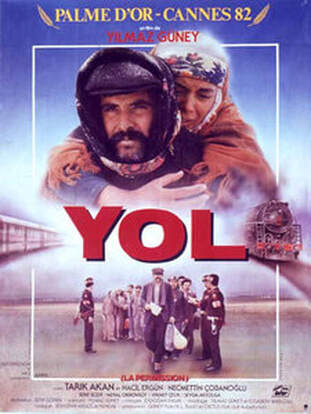 He is also known as a co-conspirator of Yilmaz Guney and directed many of Guney’s films that Guney wrote while in prison. It is said that Yilmaz would provide full descriptions of what he wanted filmed, but Goren also developed his own style. Yilmaz Guney was mentioned by the scriptwriters of Yesilcam as an important filmmaker and an inspiration used for the series. He appears as a character in Episode 6, will do so again in the season finale and he was very much a known and prolific Yesilcam personality in the 1960s, at the time best known as an actor. Yilmaz started directing his own movies in 1965, a year after the time depicted in Season 1 of Yesilcam. As Guney grew more sympathetic with socialist principles, and it reflected in his work and activities, he had repeated run ins with the law and order, and spent significant portions of the 70s in prison, with his latest 19-year prison term doled out for killing a judge. This last accusation remains fully unproven, and in 1981 he managed to escape from prison and fled to France. During this last stint in prison, and through his escape, he and Goren collaborated again to film and produce Yol, which went on to win the Palme d’Or at Cannes in 1982. Despite such a prolific filmmaking pedigree, Guney’s associate Goren had also incorporated erotic elements in his 1976 film Taksi Sofuru. Such seems the reality of survival in Yesilcam in the 1970s. This week’s title “Seyli Film” is rooted in putting a spotlight on this part of Yesilcam, in its infancy in the 1960s when the erotic films were produced for private clients. “Sey” means something one cannot name literally because it is shameful (thank you, V.S.), and “Seyli Film” refers to the erotic films, which we see in this episode through multiple scopes. While the erotic films begin to make its way into the survival of Yesilcam, it also provides the foundation through which Izzet and his dark side gets exposed to Semih. Dreams Are Meant To Be Broken Unlike Tulin’s accusation that greedy Semih will survive any situation, with Nebahat’s departure, Turgut’s arrest and Semih’s inability to find other funds because of his unwillingness to transfer Tulin, he declares bankruptcy and sells off his company’s physical assets. Tulin’s inexperience is the veil in front of her eyes such that Semih’s transactional machinations seem to be the lowest crime in Yesilcam. She is unable to imagine the dark reality of Yesilcam that Mine and Belkis have lived, or the kind of reality men like Reha/ Izzet perpetrate through their duplicitous choices. Like Semih, her dreams are entwined with creating beautiful movies and touching people’s hearts through Art. It feels as though Semih understands Tulin’s innocence and doesn’t want her to lose it like he had to. Both their idealism tested, Semih absorbs Tulin’s sharp and hurtful words, and goes about his way to make amends for his role in Turgut’s incarceration. He learns from Rifki that Turgut’s handler within the Turkish police force was actually a Russian spy (or so it is claimed), and as such Turgut’s release is no longer in Rifki’s hands. As I mentioned in the review for Episode 8, due to the local political storms of the times, communism was treated like a state enemy, and people were persecuted in various ways. This targeting of the socialists/ communists or factions that questioned the class system were not new. The writer Orhan Kemal, mentioned last week as one whose literary work was influenced by his cell mate Nazim Hikmet, was first incarcerated in 1938 merely for expressing his political opinions, much like Turgut’s first stint of being arrested for mentioning American imperialism in a class. At the time of his imprisonment, Orhan was neither influential nor known. This totalitarian approach of wanting to control the social narrative by curtailing expression has only helped to raise the visibility of the ones persecuted and, within 20 years, Kemal’s books are in the hands of the common public. We have a similar situation with Turgut, who has become blasé about being in prison, and takes his predicament in good humor. His character is the prism through whom we get insight into the minds of an intellectual who is aware of social injustices, and only wishes to use the strength of his words to peacefully protest the status quo. And yet, his mild attempts are repeatedly and brutally curtailed by parties unable to handle the truth. This intolerance for contrarian ideals exists in almost all societies, and different slices of stories from different slices of time illustrate over and over again that history has taught us nothing. Utopian and idealistic dreams truly are meant to be broken. Cat Fight Almost every female character in Yesilcam has a lot of agency. None are depicted as the traditional home bodies whose sole job is to support the aspirations of the patriarchy. All of Belkis, Mine, Tulin, Sebnem (Reha’s wife), Adviye (Tulin’s mother) and even Aysel (now deceased) and prostitute Ceylan, are portrayed as women of substance who had to make difficult choices in the journey of life. With Mine’s affair out in the open, Sebnem is not deluded by Reha’s vacant promises of being true to Sebnem. Sebnem is aware of the platonic marriage she has but cannot tolerate being publicly belittled by Mine and having society perceive that Reha prefers a young starlet over the accomplished Sebnem. As such, Sebnem accepts Reha’s infidelity and has no qualms about publicly shaming Mine through a smear campaign designed to crush Mine’s existence in Yesilcam. With such negative publicity associated with her name, no one will want to work with Mine any longer. It doesn’t matter that it is Reha who went outside of his marriage and had an affair with a single, divorced woman; Mine will pay the bigger price. After all, ‘boys will be boys’, and it is a woman in the form of Sebnem who helps to perpetuate the notion. Women often become the worst version of themselves when faced with credible competition. A Perfect Storm Hakan sells the erotic film he makes last week to Faik, a voyeuristic photographer and a closet pimp who supplies private clients with the blue films and access to professional prostitutes or young girls willing to sell their bodies. Faik is the one who had supplied Izzet with his pornographic films, as well as Aysel, who often had visible bruises from Izzet’s sadomasochistic sex games. Hakan, who had dated Aysel for a while, doesn’t know who the end customer for his film is or who Aysel had a relationship with, but he just knows it’s a big wig. It could either be a powerful businessman or a politician, and the less Hakan knows the better. Hakan hides the source of his money from Semih and trusting his partner, Semih uses the money to repay Izzet’s debt. During the exchange, Izzet doesn’t spare Semih a moralistic lecture and belittles everything about him. He slings the ultimate insult and tells Semih, “How could we trust you with our culture?” The hypocrisy is deafening when one sees it coming from a man who escaped into the luxury of Hollywood when his party was persecuted for their crimes against the public, who hides a second life that traumatizes young women, who is vicious and unscrupulous. From his window-dressed persona of being an upstanding citizen, he ‘defines’ and preaches morals and culture, while he plans to marry a woman for the social standing but already cherry-picked his mistress in Tulin. Tulin is getting seduced by Izzet with lies and his mask, and as she slowly begins to respond, she becomes unwilling to listen to Semih’s caution. Semih has broken her trust in unanticipated ways, which she has internalized and she thinks she can do the same with Izzet. Unbeknownst to Hakan, Faik had supplied Izzet with Ceylan, along with the film Hakan made, video taped Izzet’s nighttime shenanigans from the neighboring room in the hotel, and is aware that Izzet is the one who brutally beats up Ceylan during the night. Ceylan’s pimp targets Hakan but soon realizes that it’s a dead-end. During the altercation, Hakan sees that Ceylan has the same bruises on her wrists and ankles that he had seen on Aysel, and he understands that both have been victimized by the same man. Separately, when charged by a studio owner who is flabbergasted that Semih edited an erotic film at his establishment, Semih comes to understand what Hakan has done for money. He wants to make sure that Faik didn’t leak any linkage to the producers of the film as the whole enterprise is contrary to the imprint Semih wishes to leave in Yesilcam. During a heated exchange with Faik, Semih correctly links a few clues and understands that Faik’s private client is Izzet. When Semih goes back to Izzet’s office to hand out his own lecture, Rifki barges into the office (with information about someone with a peep hole into Izzet’s hotel room). Semih makes the connection to Rifki, Izzet, the Justice Party preparing for a come back, and their extreme fight against ethnic minorities and the communists. He understands that games around him are far more intense than he had ever understood. Semih shows restraint and finally appreciates that, in Yesilcam, knowledge is power. Getting the truth off one’s chest may be liberating, but it is not always rewarding. He internalizes Izzet’s political connections with Rifki, Izzet’s budding relationship with Tulin and his connection to Faik, and walks out of the office without letting Izzet understand the extent of his comprehension. Through a perfect storm of circumstances and plot choices, Semih eventually also understands the depth of Faik’s connection to Izzet and how Izzet is also behind the brutalization of Aysel and Ceylan. Instead of tipping his hand to Izzet, when Semih and Hakan go to confront Faik, they find him dead by hanging. Like Aysel, the insinuation is that Izzet is behind the death. Dreams Are Our Guiding Light When Semih was accused of producing porn films, and he understands what Hakan has done, his first line of defense is to tell the studio in no uncertain terms that his company had nothing to do with it. His next step was to make sure no one other than Faik knew that Hakan had anything to do with the film. Semih is intent on protecting the reputation of his company as one that touches people’s hearts with the stories they tell. He may go bankrupt (not his first time) but he wants to walk the streets of Yesilcam with his head held high. Even though he knew he could have the funds to recover his business if he transferred Tulin’s contract, he doesn’t do so to protect her when he understands that Izzet has his unprincipled sights on her. He tries to follow the path of what seems right, with faith that good things will come his way. A man who is guided by intuition, we are privy to another one of Semih’s dream sequences, used as a plot mechanism to give us insight into Semih’s subconscious mind. This time, the players are Uncle Kosta, Turgut, Nebahat and Tulin, who are all gathered in Semih’s kitchen. Through a short exchange, Uncle Kosta tells Semih to watch Tulin carefully and not let her go. I have mentioned in previous reviews that Semih has been abandoned by important women in his life, such as his mother and Mine. He understands the self-serving needs that guided them but, while he could forgive Mine, he cannot forgive Belkis. Given the wall he has built against Belkis, this sense of abandonment is a festering wound within him. Semih finds something within Tulin that he can respect and regard highly, even if he doesn’t have the words to describe his feelings. Upon Uncle Kosta’s advice, he looks into Tulin’s eyes and asks her not to leave him as well. In his dream, Tulin touches him softly on his neck, and as he wakes up, he caresses the same spot, symbolizing ways that he is affected by Tulin. As he continues on and still tries to protect Tulin, it becomes apparent that it is this ability to dream when all seems bleak, where we keep questioning all the ways we may have (been) wronged and find better things to reach for, that keeps the human condition moving forward. While some dreams come tumbling down, others get built and, through the iterations, we make progress. Semih’s total destruction opened his eyes to the realities around him and as the stakes have grown with the changing political climate and players, we grow with Semih as he better understands how carefully he has to play his hand so that he can truly make his dream come true. That is, tell stories that touches the people’s hearts, because what he has to say is rooted in life’s truths. And this is the picture of Semih we begin to form through the trailer for the season finale. A self-aware Semih who will not go down without a fight nor just keep telling benign stories of love. He will plan to use artistic expression as a means to call attention to injustice, and let the chips fall where they may. Yesilcam has proven to be one of the most intelligent shows I have watched in recent times. The well-sketched out characters bring a thriving world to life, and through the political background interwoven into the story, we begin to see how powerful filmmakers such as Yilmaz Guney came to be, who had a burning desire to tell stories in light of his political awakening. He is well known for depicting societal despair, especially through tales from the Anatolian heartlands with many focusing on lives that shared his Kurdish roots. It is entirely unfortunate that he lost his life to cancer when he was only 47, at a time when he had the financial and political liberty to tell the stories he wanted to tell in the way he wished to tell them. When discussing cinema, much like analyzing a book by an author I respect, I thoroughly enjoy trying to understand the creators' intent and execution. There are only that many stories to tell and that many ways to tell them. Each work stands on its own, and I have loved Yesilcam in its script, acting, production, and overall execution. Through Yesilcam, we have had the opportunity to meet the minds and the art of some of the finest filmmakers in modern and erstwhile Turkey, and Turkey has had a chance to remember a nostalgic period of its filmic history. Kudos to bluTV and Sunset Films for bringing this important production to the world. As we head into the final episode of the first season, we hope for a story that ends on a crescendo. Every detail of the storytelling so far points to one and we excitedly await. Article (c) CUNA & @entrespire/ twitter
Please follow CUNA on facebook at: www.facebook.com/cagataynorthamerica and stay away from the fake pages. This is the only page officially affiliated with North America TEN All video clips and photos belong to their respective owners. No copyright infringement is intended. Please ask for permission before reprints. #Yesilcam #CagatayUlusoy #LeventCantek #BluTV #BoraAkkas #VolkanSumbul #CaganIrmak #SemihAtes #MineCansu #TulinSaygi #AfraSaracoglu #SelinSekerci #EpisodeReview #TurkishDrama #Episode9 #SeyliFilm #YilmazGuney #SerifGoren #Yol #CannesFilmFestival #OrhanKemal #NazimHikmet When I read the first summary of the Yesilcam series and how it portrays the journey of a young producer who rises after losing everything, I had assumed we started the series with Semih at his lowest. He was having to restart everything with the Great Ates Film company, and I thought we would witness his cleverness as he navigates a treacherous world during a socially, culturally and politically fluid time. Episode 8 brings it home that while we have discovered Semih’s character through an interesting journey thus far, he is now at his lowest point – confronted with compromised morals and its aftermath. Appropriately titled “Cages”, this episode hints at the cages the Yesilcam personalities are forced to live in, and how some may have the courage to break out of them while others may not even be aware of their bonds. Burdens Of The Past We start the episode with Semih’s dream sequence, where he enters a room dressed as Mandrake the Magician. Across from a table are figures who represent significant events in his life – 1) his young self from when his father dies, 2) his slightly older self from when he discovers who his mother is and Uncle Kosta, who is sitting in the role of a conjurer with a set of cups in front of him. This ancient game of cup and ball, which has numerous variations, incorporates fundamental elements of magic where the balls can (dis)appear, change, transform, while the conjurer can use various tricks of the trade to misdirect the audience. In this game Semih is invited to play, instead of a ball Uncle Kosta uses a glass Nazar Boncugu, or the eye-shaped amulet that is revered widely in the Turkish culture as warding off the evil eye. Uncle Kosta asks Semih to pick a cup out of the eight but it has to be empty inside. As his younger selves look upon him indulgently, Semih makes one good guess after another until he is down to the last two cups. At this point, Uncle Kosta changes the game and asks him to find the one that does have the bead. Semih guesses incorrectly between the two options, perhaps assuming that it couldn’t possibly be under the one Uncle Kosta had placed the bead originally, and Uncle Kosta says “you lost, Semih Ates”. Freud suggests that dreams are repressed conflicts and wishes. We have already seen how Semih lives his life on a path of atonement for his actions during the Istanbul Pogrom of 1955 and the inadvertent role he may have played in Uncle Kosta’s death. Uncle Kosta’s good opinion is important to him, as is making peace with the past he lived. While Semih takes professional risks, he always wonders if Uncle Kosta would approve. In his latest escapade with Reha, and knowing that his financial options have dwindled, his dreams may be telling him that he has picked poorly. No amount of a magician’s hand waving will help. Within this self-doubt, Semih forges ahead and tries to salvage his company by manipulating Vebih into being the mouthpiece to tell Reha/Izzet that Semih requires payment to transfer Tulin’s contract, with his intention to repay Izzet’s debt with the money. What he doesn’t anticipate is Izzet’s counter-offer to cancel Semih’s debt in exchange of Tulin’s release. Between options A & B, which should Semih pick? Bankable Assets After letting off his steam with Reha in a public altercation, Semih declares that he will not be handing Tulin’s contract over to anyone. Even though in the heat of the moment he might have said it to be vindictive and self-serving, he also sees an innocence in her he doesn’t expect from Mine. It is interesting to see him accept Mine’s affair with “we are divorced; she can see who she wants.” It doesn’t seem as a struggle with his ego that Reha slept with ‘his’ woman; he is far more indignant about Reha’s manipulations to erase Semih from Yesilcam, and Tulin seems his ticket to stay alive. Tulin is livid with Semih’s unilateral decisions and, still stung by Semih’s bias towards Mine, she unleashes her anger on Semih for making her feel like an asset to be traded without consideration for her feelings. She articulates perfectly what her self-worth is. She says, “I am better than you deserve” and even though Semih allows her to express her feelings, he does not change tact about not releasing her contract, especially when he understands that Izzet has his ungainly sights on her. Through her candid outburst, Semih has begun to see Tulin as something more than an investment. She is a beacon of innocence that he must protect, just as he feels the need to protect Nebahat from hate crimes against the ‘Rums’ or Turkish citizens of Greek descent. Whack-a-Mole Survival in Yesilcam seems like a game of whack-a-mole. You plug one problem and another surfaces. With the persecution of the Greeks still ongoing, Semih understands that his ghost from the past – Rifki – remains as a possible ally and a threat to the protection of Semih’s people. Rifki is influential and has been unveiled as an (ex) police officer who was affiliated with the Democrat Party (DP - Adnan Menderes’ party, which was dismantled after the 1960 coup) and now the Justice Party, which essentially gathered the electorate of the DP. We have already been shown that Izzet is being groomed as a successor for the Justice party, which becomes more real with the death of Ragip Gumuspala, who had been heading the Justice Party since he retired from the army. Without being fully aware of this political connection with Izzet, Semih asks Rifki to protect his secretary Nebahat and her family, and have their names removed from the list of Greeks to be expelled from Turkey. Rifki agrees to do so if Semih can discover Turgut’s communist contact and Semih acquiesces after extracting the promise that Turgut will not be touched. Through Semih, Rifki uncovers the communist spy, who happens to be a respected officer of the police force. Despite his best intentions to protect his loved ones, Nebahat chooses to leave for Greece with her family. As it turns out, after the continued persecution through a 1942 wealth tax and the 1955 Pogrom, 1964 – 1965 saw a series of discriminatory measures by the Turkish government aimed at the forced expulsion of Greeks from Istanbul, a Greek population which was initially spared during the Greek-Turkish population exchange in 1923. As a result, only about 30,000 Greeks remained in 1965, down from 80,000 from before the systematic expulsion. Today, this population has dwindled to 2,500. In addition, we end the episode with Turgut being arrested and dragged away, with Rifki flippantly mocking the promise he did not keep to protect Turgut. Post WWII, the DP had made conscious choices to align with American preferences, especially after being threatened by the Soviet naval force in the straits of Turkey in the 40s. In the height of the cold-war era, communism was seen almost as a state enemy, and any signs were treated as such. With his strong ties to communist principles, and now the exposed ties to a spy, Turgut was a threat to be removed, and the value of Rifki’s promise to Semih becomes insignificant relative to perceived national interests. This illustrates to Semih once again that the naïve faith in the fairness of a deal, a gentleman’s word, does not mean much in the shifting landscape of Yesilcam. Cages Maya Angelou wrote in her poem “Caged Bird”: The caged bird sings with a fearful trill of things unknown but longed for still and his tune is heard on the distant hill for the caged bird sings of freedom. When we really think of all the characters in Yesilcam, it is possible to see that almost all are caged in somehow. In a comic turn in the skit where Hakan, in hopes of getting some quick cash for the business (an increasing practice in Yesilcam for cash strapped filmmakers), is trying to film an erotic film with Bekir and a prostitute called Ceylan, we see the pimp Mukerrem break a canary cage over Bekir’s head. This violent act releases Bekir’s excitement enough to get him to perform sexually for the movie. It is almost a symbol of how the cage often needs to be wrecked as a catalyst for change – be it someone else breaking it or one breaking from within. To this end, the title for this week’s episode seems very appropriate to describe the predicaments of the various players. We have Mine, who is well aware of the gilded cage she is expected to live in as a self-deterministic woman. With her affair with Reha exposed, thanks to Semih’s public outburst, she understands her precarious position. Resentful as she may be about the choices she has had to do make to survive and thrive in Yesilcam, she is no wall flower who will wither and die when threatened. She uses her haughtiness and fragility at will to manipulate the men around her. She beats down Reha with her wrath and tries to garner sympathy from Izzet through her crocodile tears. Regardless, she is aware that despite her valiance, it will not be easy for her to keep standing in face of the ways doors are closing on her. We have Tulin, who feels caged in by contracts and expectations, sometimes of her own making, and wishes to spread her wings. We find her to be a self-aware, curious woman who is seen reading “Grev” by Orhan Kemal, which is a collection of short stories published in 1954 around the lives of workers. His work was greatly influenced by a fellow prisoner from an earlier life, the famed poet and intellectual Nazim Hikmet, who eventually went on to become a ranking officer in the clandestine Communist Party of Turkey. Grev means “strike” and the titular story (written in 1947) is famous for portraying the tensions between employers, employees and the role of the government, especially because unionization was legalized in 1947 but strikes were still banned. The dialogue also manages to poke at European countries such as France and Italy, where trade unions are notorious for bringing the country to a halt. Coming off her work in Semih’s censored movie that depicts workers who go on strike, Tulin’s reading choice shows a young woman willing to think beyond her immediate dream of being an actress in Yesilcam. When Izzet appears to be a polished supporter for her individualism, and out of her anger at Semih for treating her like an asset to be traded, she begins to place her trust in Izzet in her attempts to break out of her perceived cage. We have Semih, who is caged in by his past and under the weight of the burden, he struggles to understand how he can fly freely while staying true to his ideals. All his attempts have been thwarted by morally corrupt individuals and perhaps he needs to better learn how to use their weaknesses against them. We have Izzet, who is caged in by his political aspirations and whose escape is in his sadomasochistic erotic practices. We have Reha who is caged into his marriage and slithers around to find a way to assert himself. Whether by choice or divine design, each character has their cages shift shape and location, until they will learn to break free from the shackles, or not. Each time I watch the show, I discover something I should have better understood. There are no redundant scenes or dialogue, and every detail builds on top of the other. Hakan and Mine have some great exchanges where idealism clashes with pragmatism. As Mine defends her choices to survive in Yesilcam and points out the double standards in gender stereotypes, Hakan emphatically says, “Nothing would happen to a person who never lies.” In its most basic form, this is a fundamental truth in life. Make your choices such that you do not need to twist the narrative, allowing you the dignity to stand by your choices without shame. However, in a misogynistic world such as Yesilcam, maybe the choices for trailblazing women were not quite as cut and dried. Under the surface of the characters’ interactions, the inserted details inspire an international viewer like me to dig and try to understand the political, social and cultural motivations of the times. And, therefore, it takes me longer every week to pen my thoughts as Turkish history is a rich layering of the human condition which has morphed through the centuries, a melting pot of ideals between the East and West, while the geopolitically important nation continually evolves within a competitive world. The 60’s lens through Yesilcam provides a time capsule and we can already see how much has changed since then, through literature and entertainment set in modern times. The intelligence in the script allows one to live and breathe each of the characters, in their purity and their ugliness, in their highs and in their lows, and the story truly leaves a mark through the immaculate performances by each of the major characters. Selin Sekerci has been a revelation as the multi-faceted Mine, especially after her frivolously comic turn in Kacak Gelinler and her forgettable role in Siyah Beyaz Ask (the two shows I have watched). Cagatay as Semih is beyond excellent in bringing the multiple shades of Semih to the fore, but it has been a real delight to discover talents such as Ozgur Cevik, who is incredible as Izzet. From his practiced hand movements, curated smooth talking persona and mannerisms, he is the quintessential politician who can only preach about morality for popular adulation, but fails miserably as a human being. He is the ultimate antagonist to Semih, who shoots from the hip and is what he is. Between these options A & B, which one should and will win? At the time of this writing, Episode 9 has already aired and the review for that will come soon. With one more episode in the first season, we look forward to a good stopping point in the journey for Semih as he begins to fully comprehend the mine field he is tasked with navigating. Article (c) CUNA & @entrespire/ twitter
Please follow CUNA on facebook at: www.facebook.com/cagataynorthamerica and stay away from the fake pages. This is the only page officially affiliated with North America TEN All video clips and photos belong to their respective owners. No copyright infringement is intended. Please ask for permission before reprints. #Yesilcam #CagatayUlusoy #LeventCantek #BluTV #BoraAkkas #VolkanSumbul #CaganIrmak #SemihAtes #MineCansu #TulinSaygi #AfraSaracoglu #SelinSekerci #EpisodeReview #TurkishDrama #Episode8 #Kafes In very exciting news, we have come to learn that "Birdie" the short film written, directed and produced by Cagatay Ulusoy has been selected at the 27th Palm Springs Shortfest 2021 which will be California's first in-theater film festival since the start of the COVID pandemic. A prestigious and well known event, it is designated as an awards qualifying event by the Academy of Motion Picture Art and Sciences (AMPAS), BAFTA, The British Independent Film Awards (BIFA) and the Goya Awards. Over its 26 year history, more than 100 of the festival's curated movies have gone on to receive Oscar nominations. Birdie is one of 295 movies selected out of a pool of more than 5,500 submissions from 104 countries. It will be competing in the Best International Short category and, not only that, Birdie will also be playing as one of six movies on the opening night, which is a great honor for any festival entrant. Birdie is the only movie on opening night from a non-English speaking country. At 20 minutes, Birdie is "The story of a lonely fisherman whose relationship with life, nature and human being is fair. For him, life is about living with a full belly until a goldfinch hits his window. Will his relationship with the goldfinch change the fate of the fisherman?". Working with his little brother Atalay who was editor of the film, and cast members Turgay Tanulku and Ersin Arici, whom Cagatay worked with in Paper Lives, Birdie is an introspective short that makes us question our place and aspirations in the world. There is a second Turkish film (The School Bus) playing at the festival by Ramazan Kilic, which will be competing in the Best Student International Short category. In 2017, director Can Ulkay's film Ayla had won the audience award at the Palm Springs International Film Festival. Unlike Birdie's earlier appearance at the Oxford Film Festival, where the movie was available for virtual screening for fans in the United States, Birdie will only be shown in theater, with passes and tickets to be purchased. Even media professionals will not gain automatic access to the screening on opening night. We are very excited for the Ulusoy Brothers on their maiden journey as a powerful filmmaking duo. As Mr. Ulkay said in his interview with North America TEN, "Cagatay wants to work behind the cameras as much as he works on-screen. He has an intense interest in the process behind the cameras. His biggest strengths will be his tenacity in trying, acquiring knowledge, learning, thinking and questioning about the process behind the cameras. Soon we will see him filming his own movies or producing them. I’m sure he will contribute greatly to the movie industry and Turkish cinema. May he have an amazing career.” Birdie's international tour, already at its fourth festival, shows great promise in fulfilling Mr. Ulkay's prediction. For those of you who missed our earlier review can read it here: https://www.cagatayulusoynorthamerica.com/blog/birdie-kus-cagatays-dream-into-reality For those of you who missed our video with highlights of the movie can view it on our YouTube channel here: Article (c) CUNA
Please follow CUNA on facebook at: www.facebook.com/cagataynorthamerica and stay away from the fake pages. This is the only page officially affiliated with North America TEN All video clips and photos belong to their respective owners. No copyright infringement is intended. Please ask for permission before reprints. #Birdie #CagatayUlusoy #AtalayUlusoy #WhistlemanProductions #PalmSpringsShortFest #TurgayTanulku #TurkishCinema #CanUlkay #Ayla #TheSchoolBus #RamazanKilic |
Archives
February 2022
Categories
All
|
CAGATAY ULUSOY NORTH AMERICA
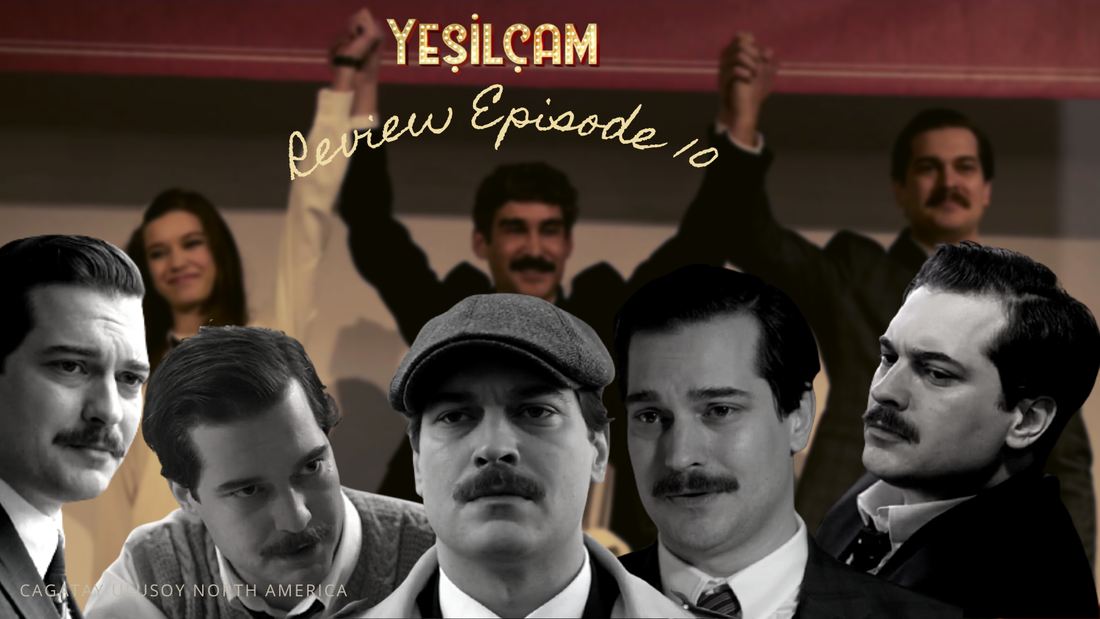
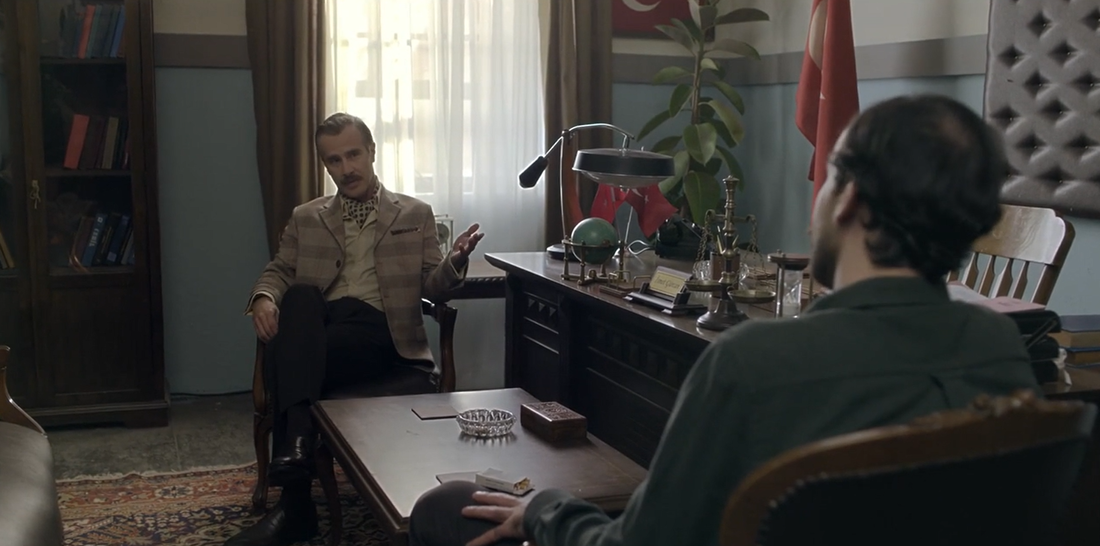

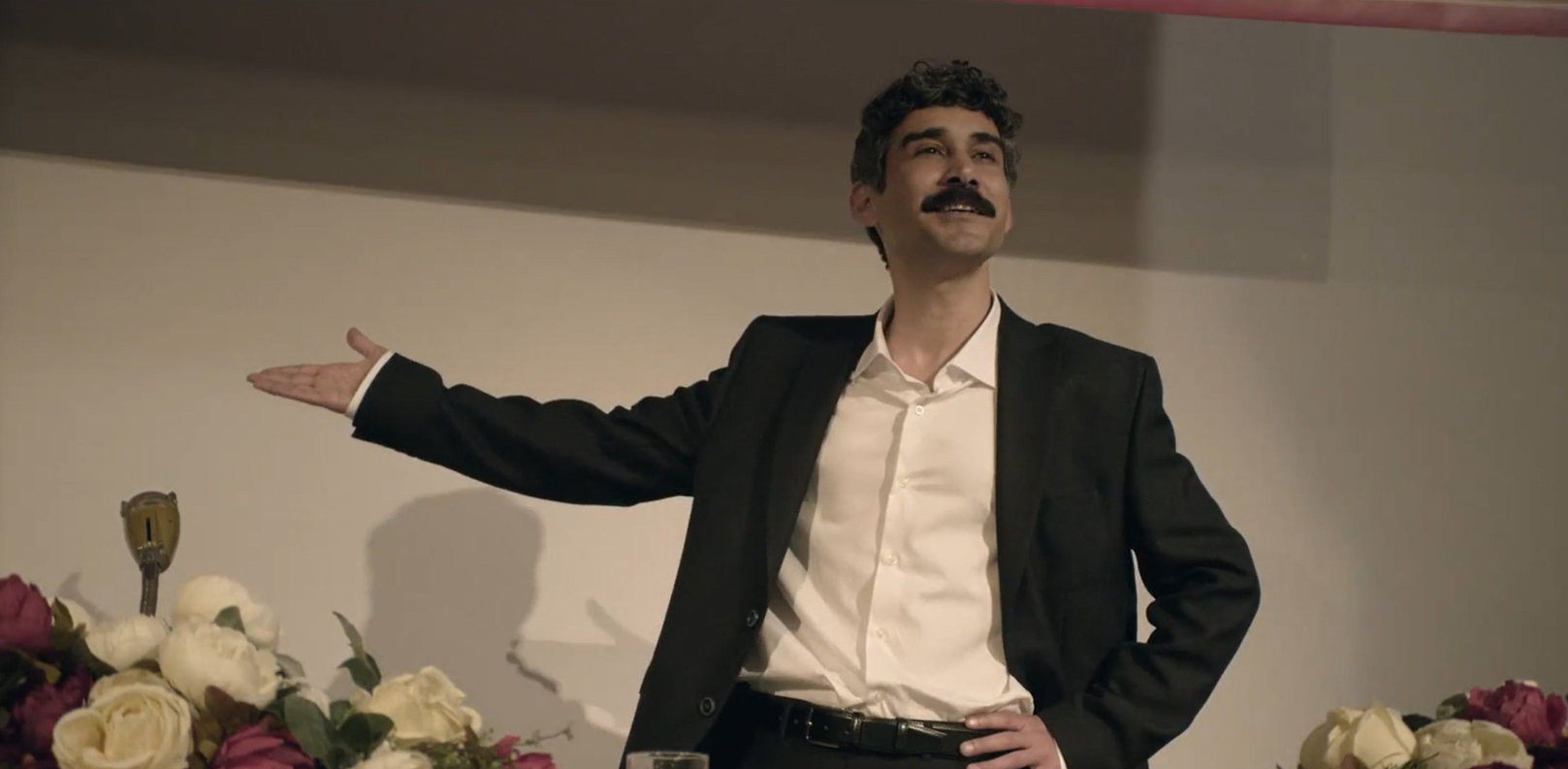
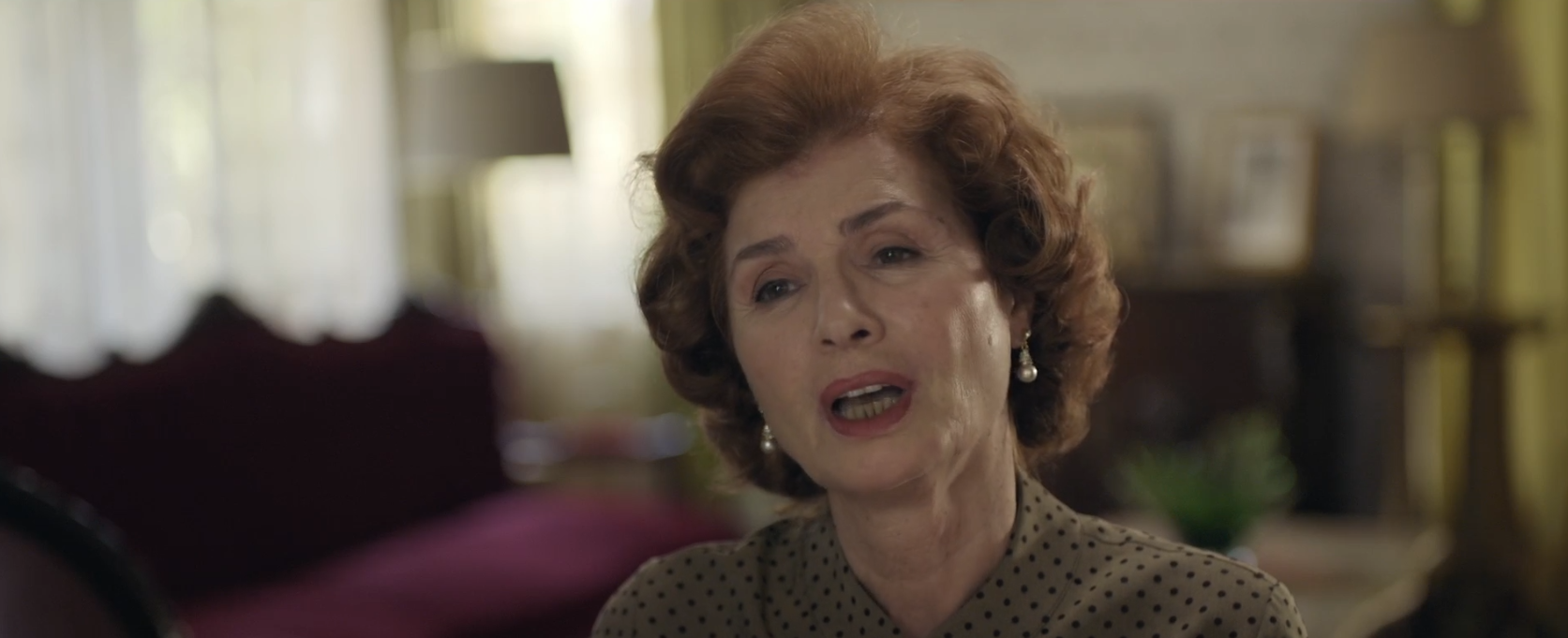
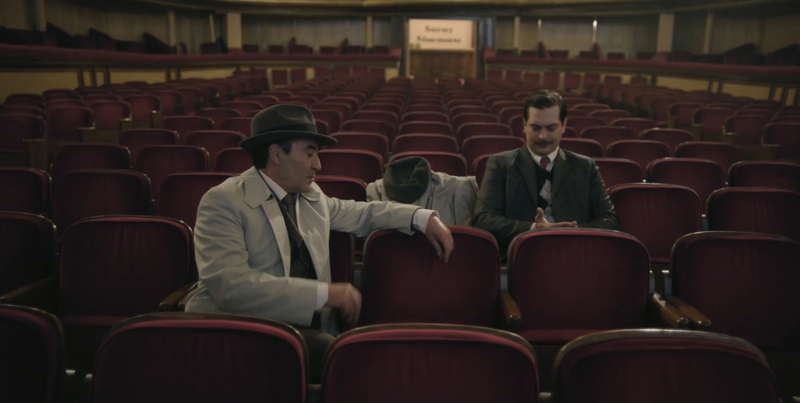
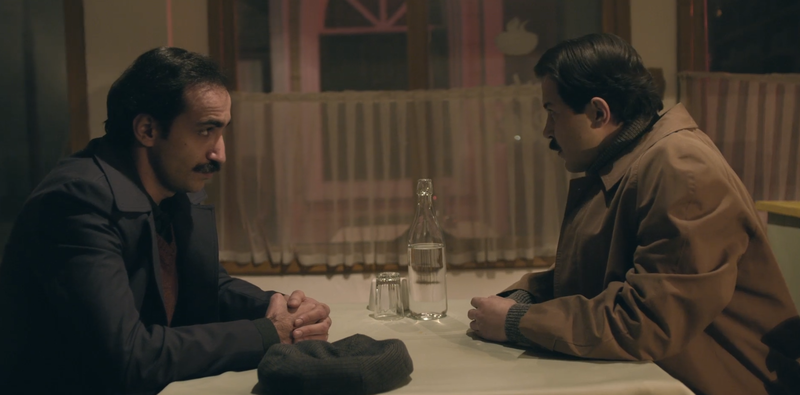




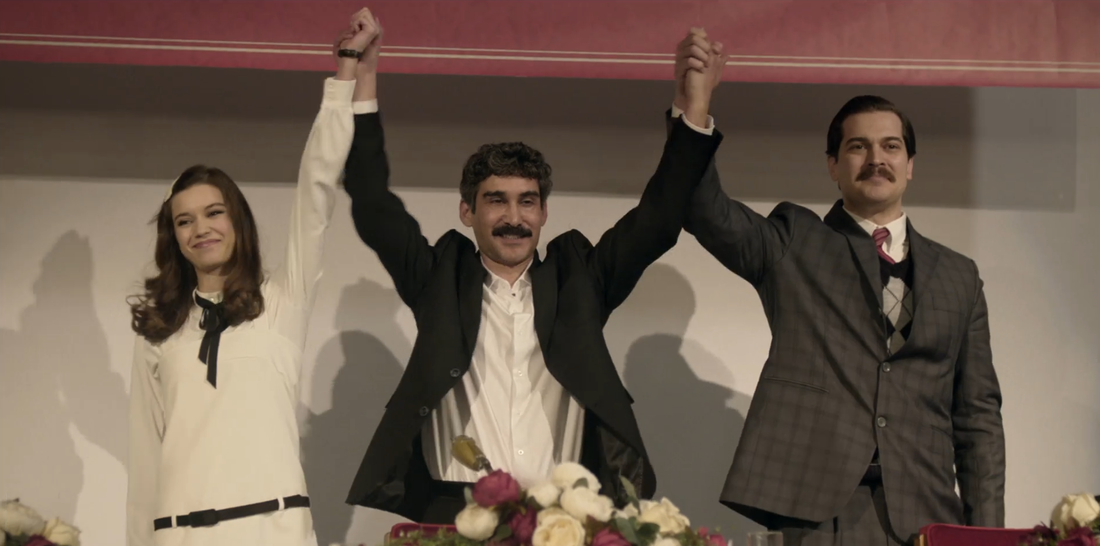
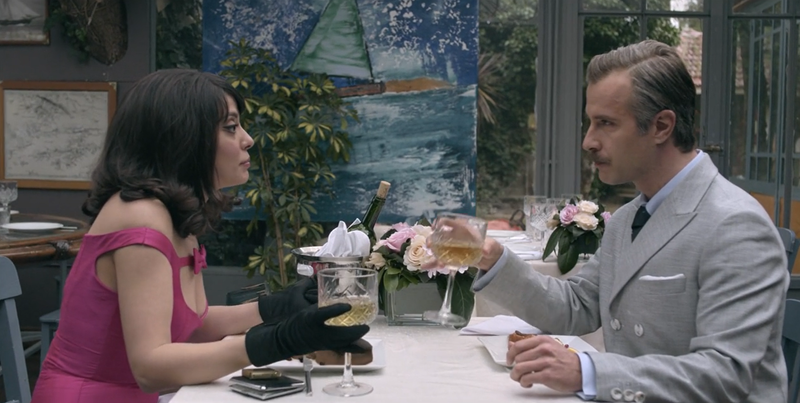
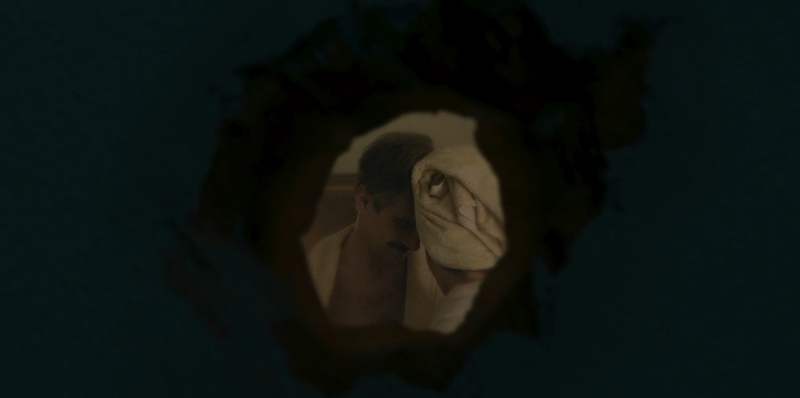
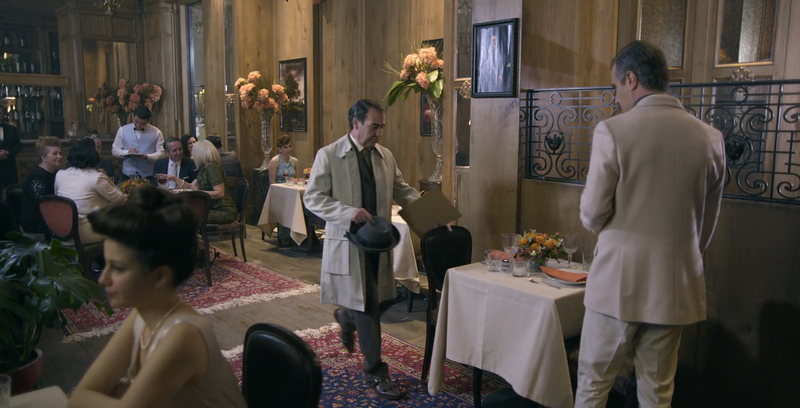
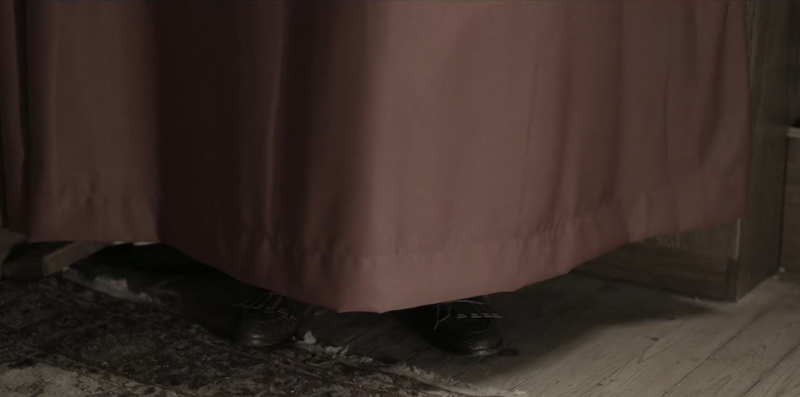
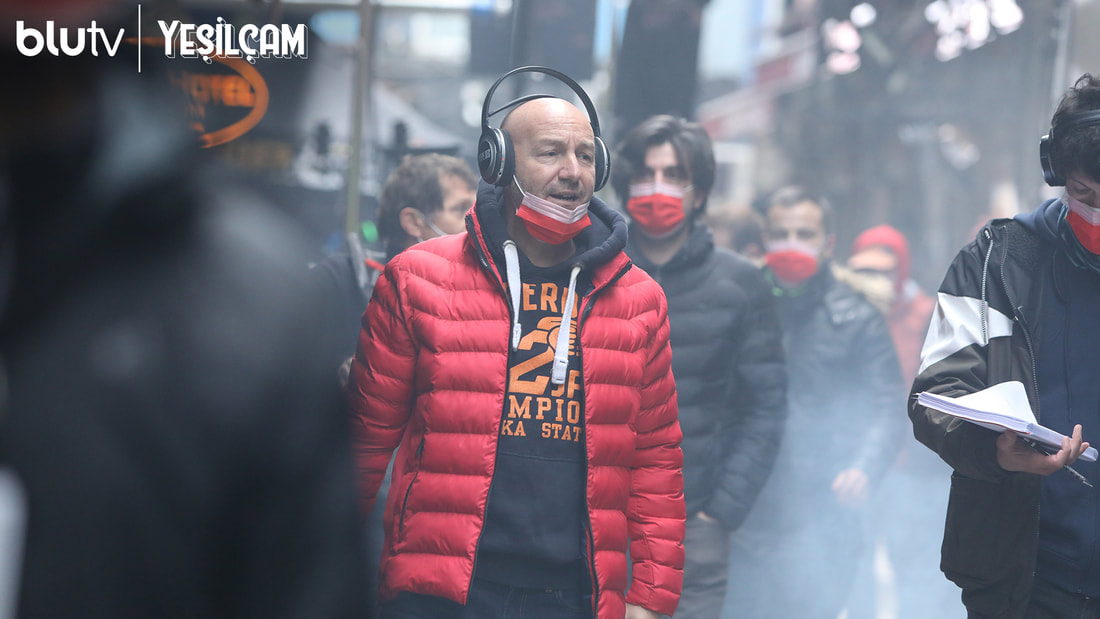
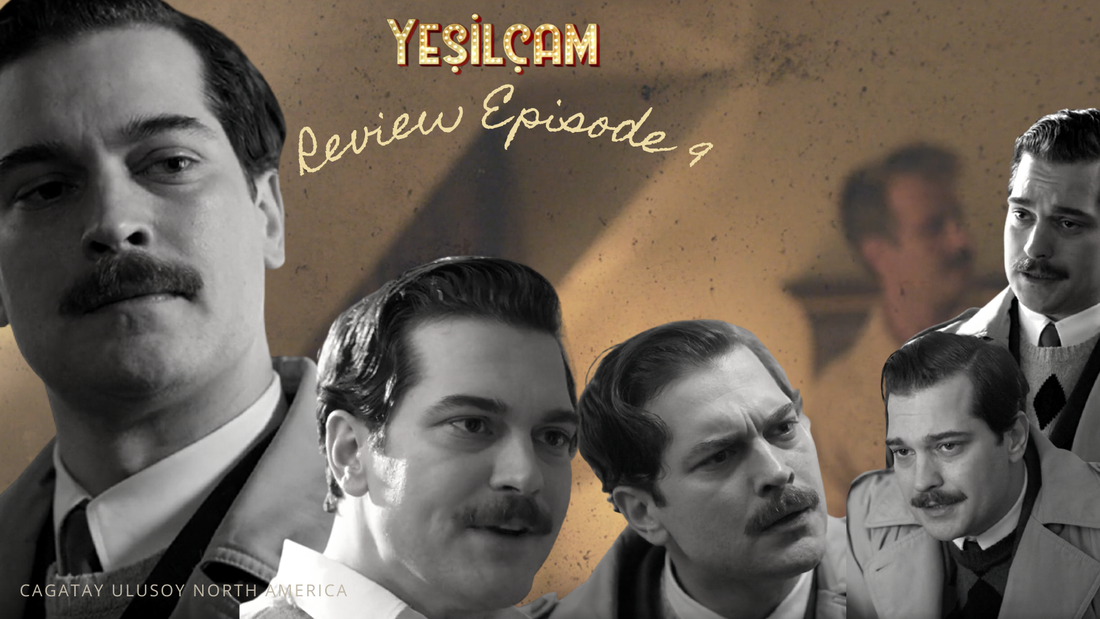
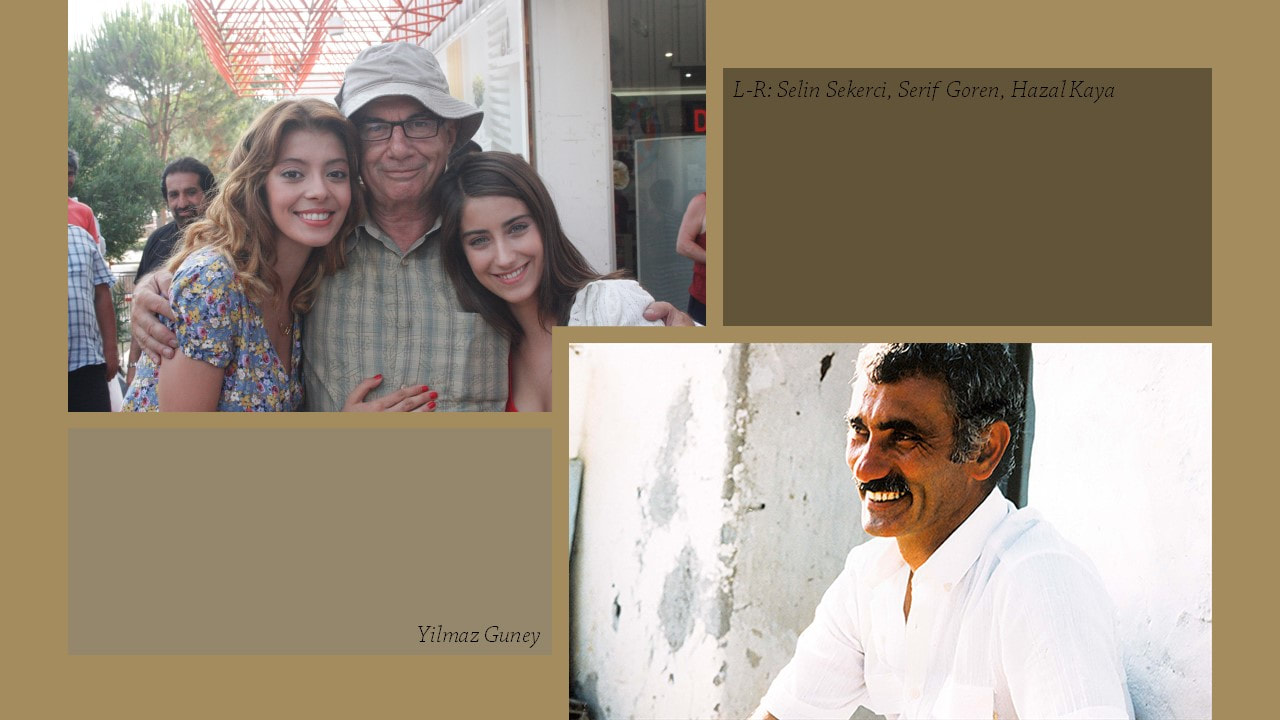
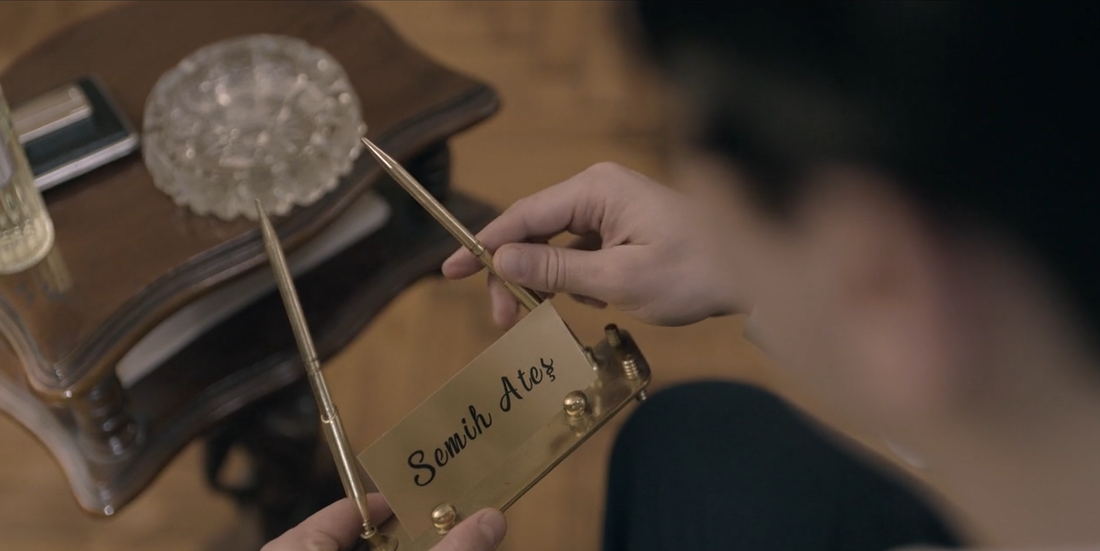
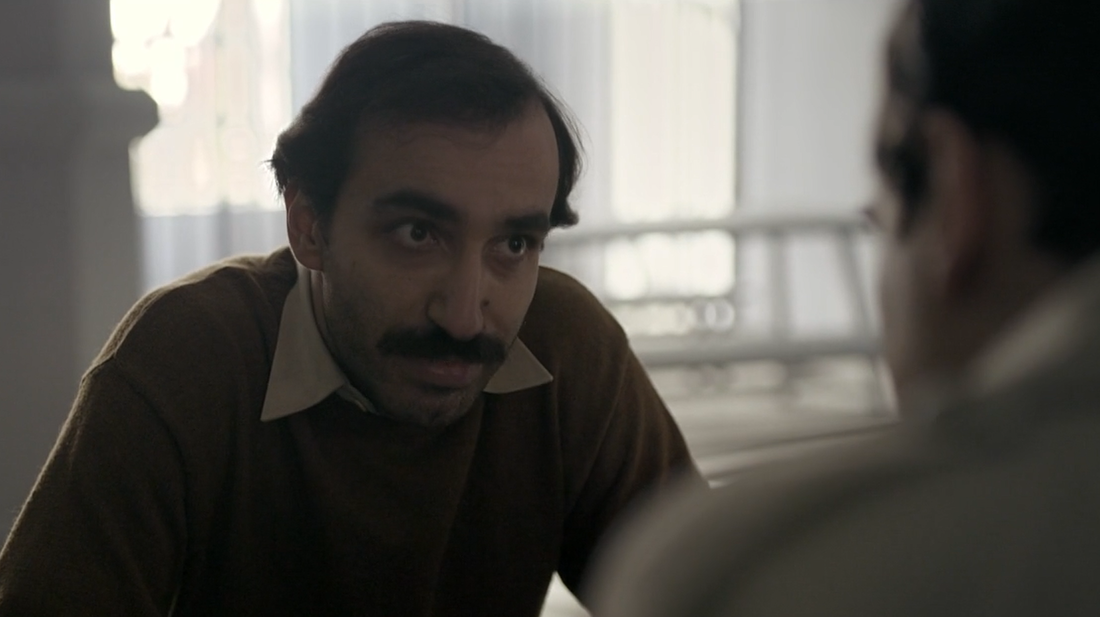
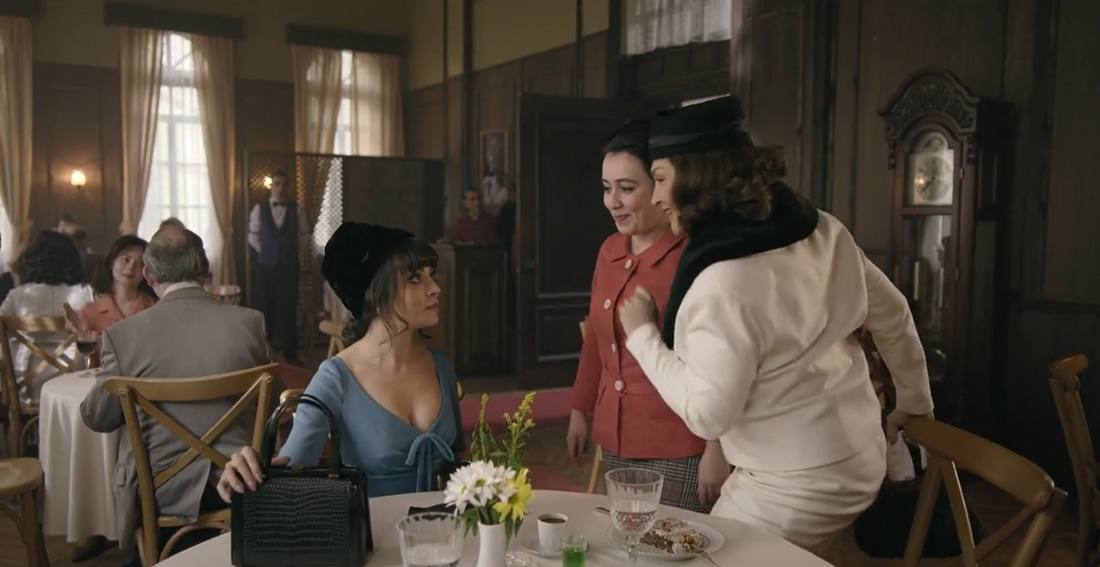
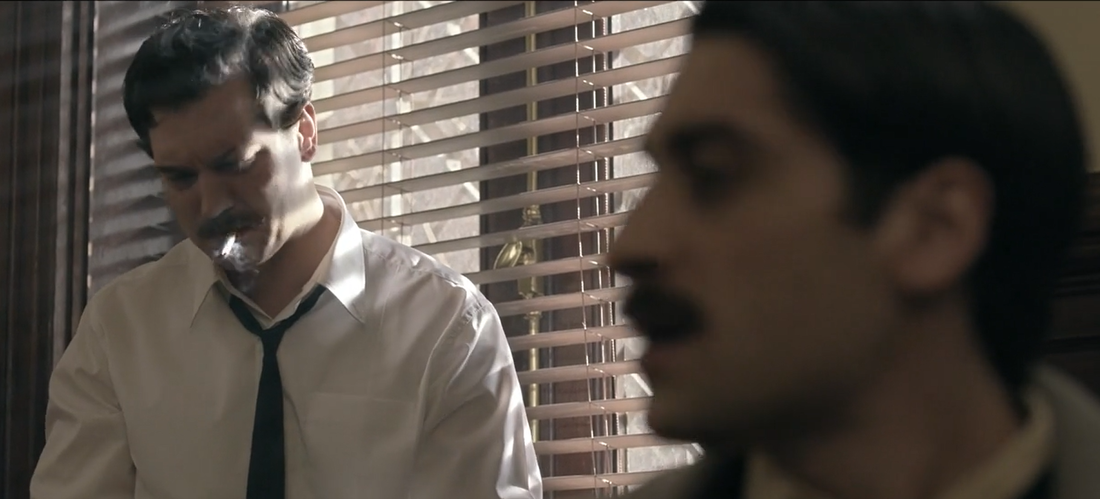
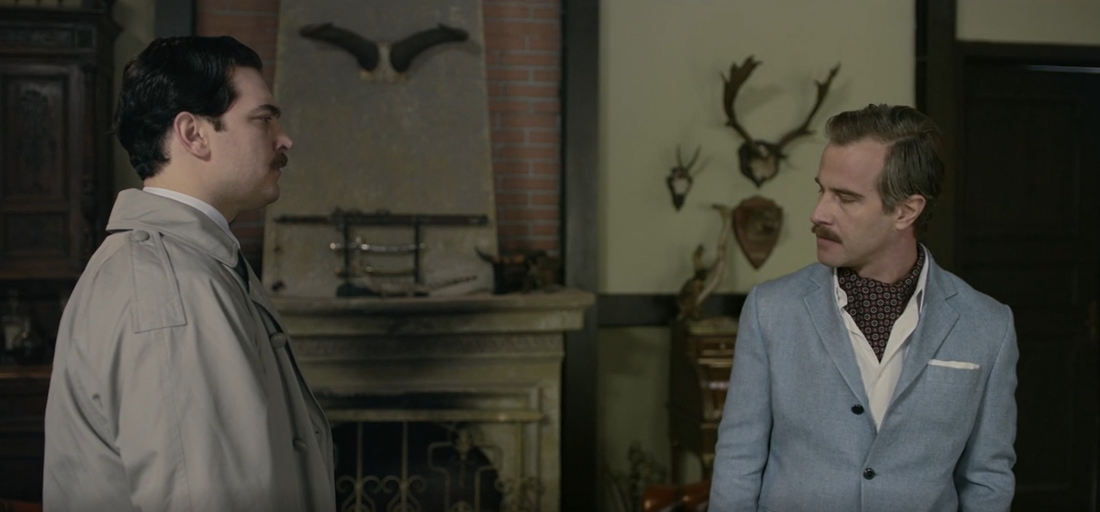

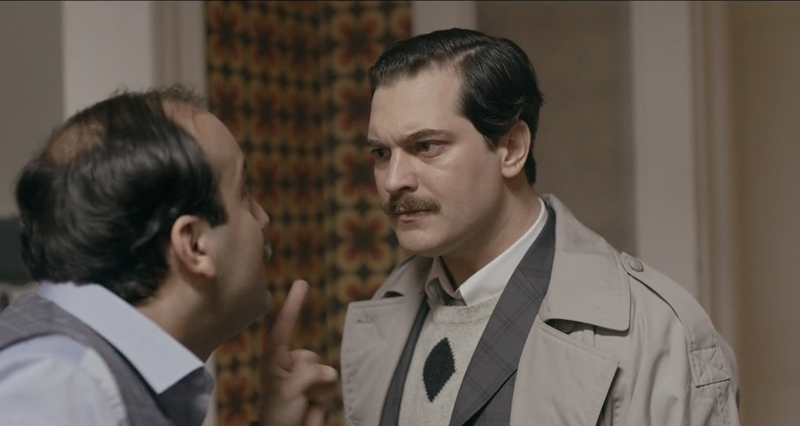
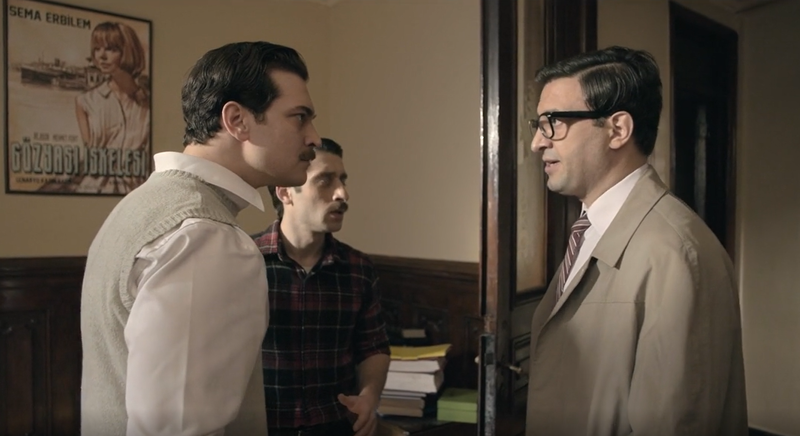
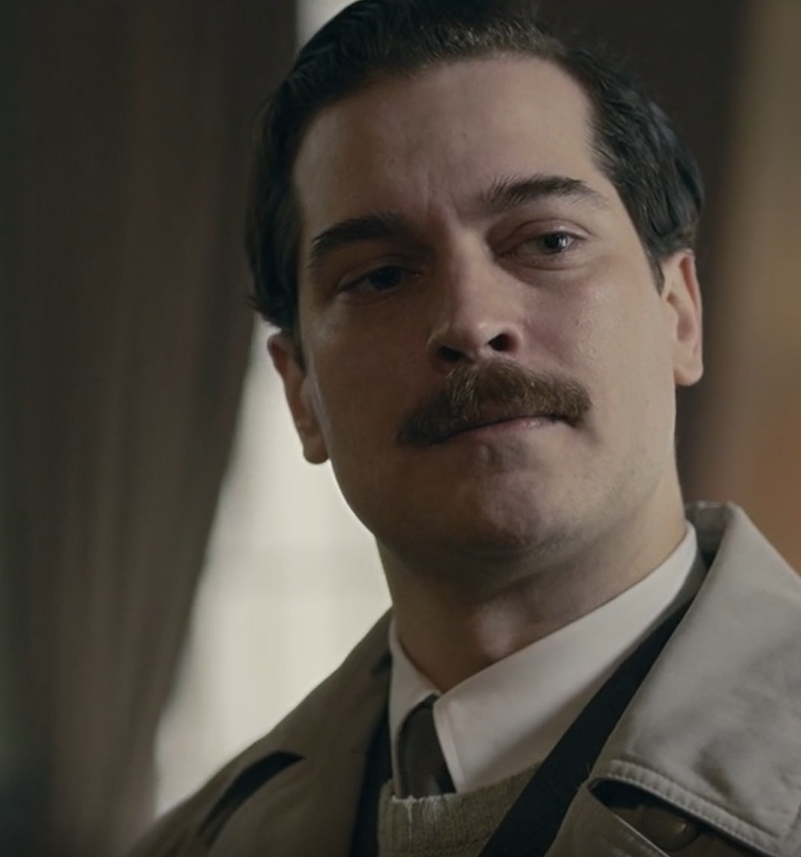
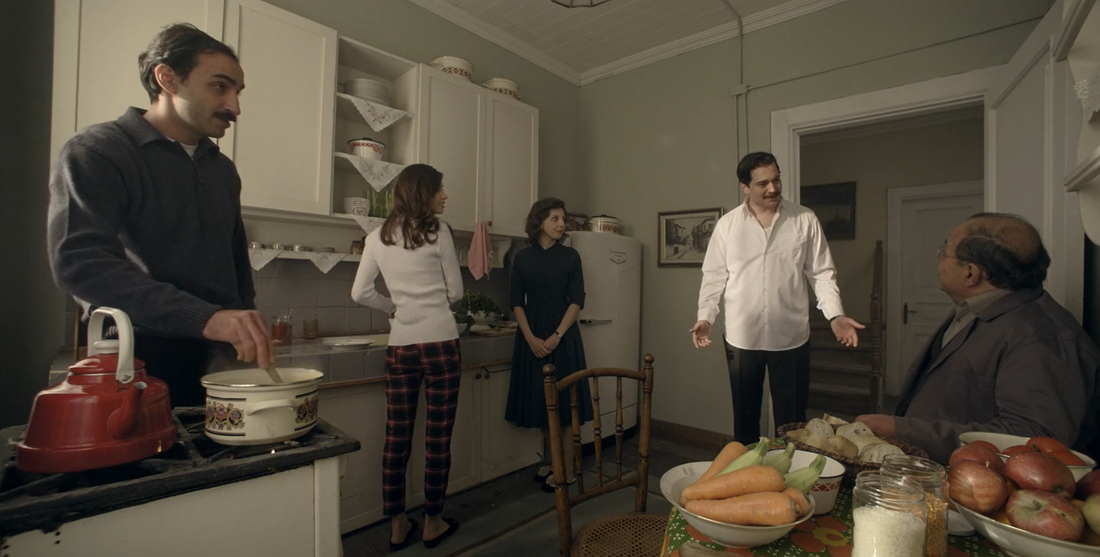
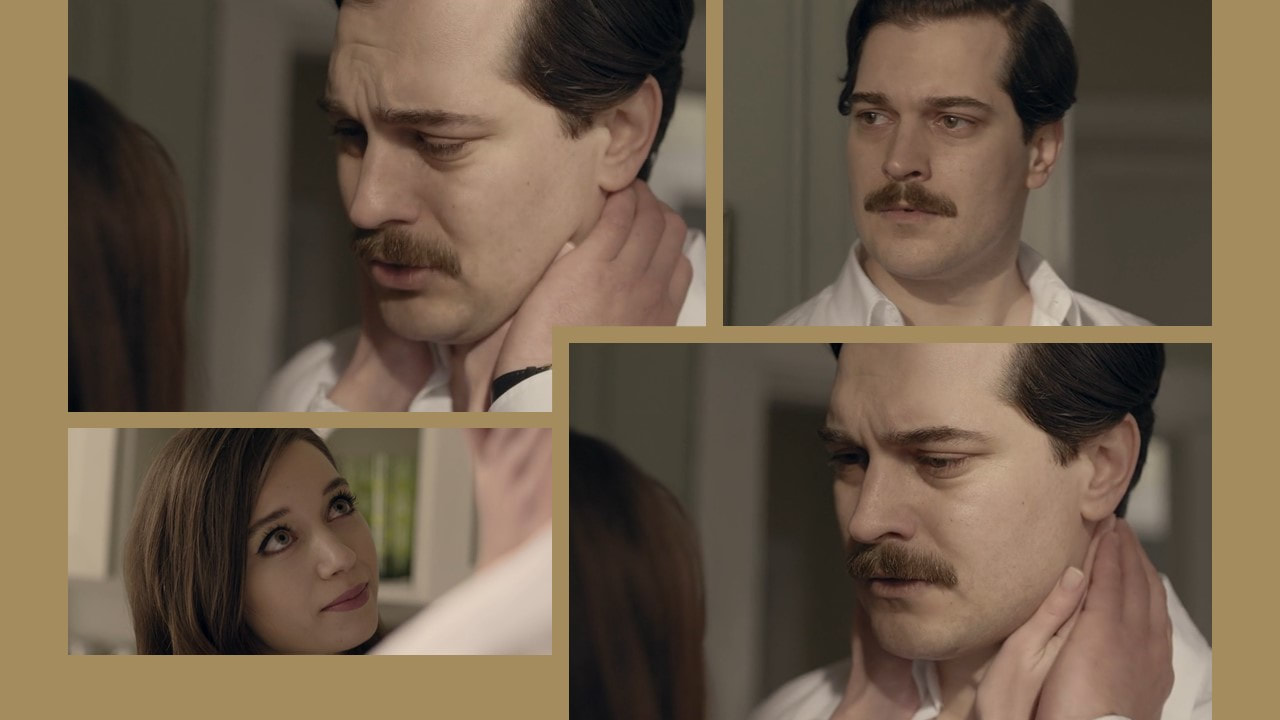
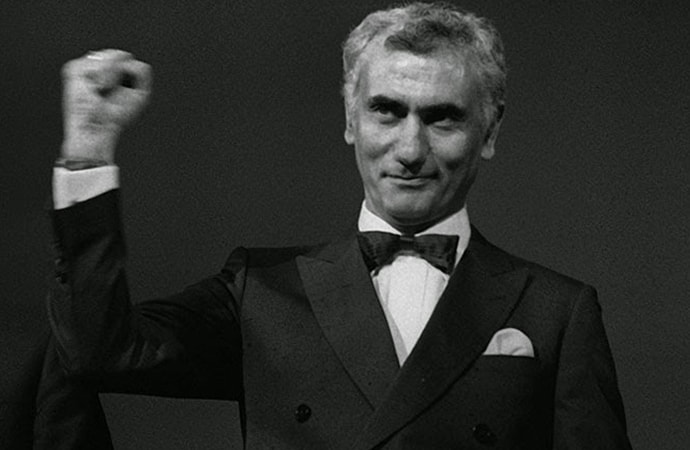
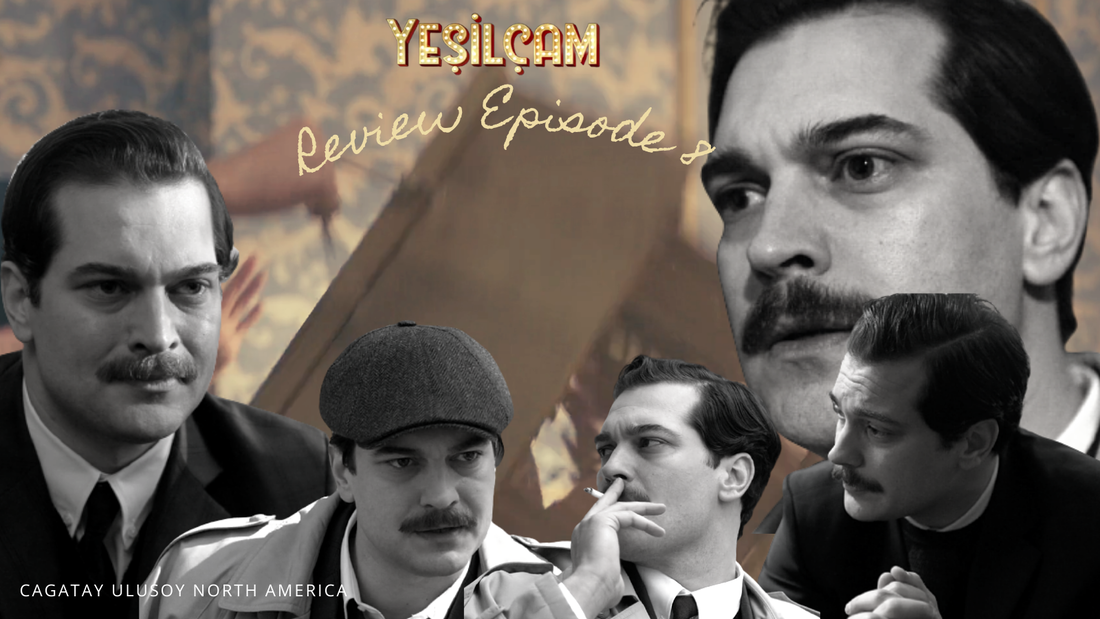
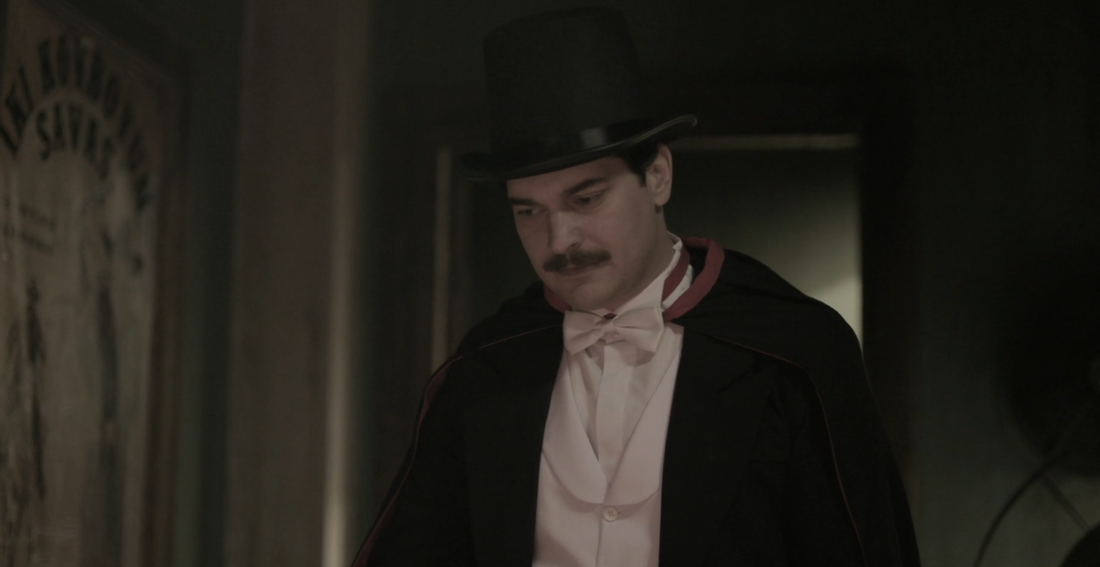
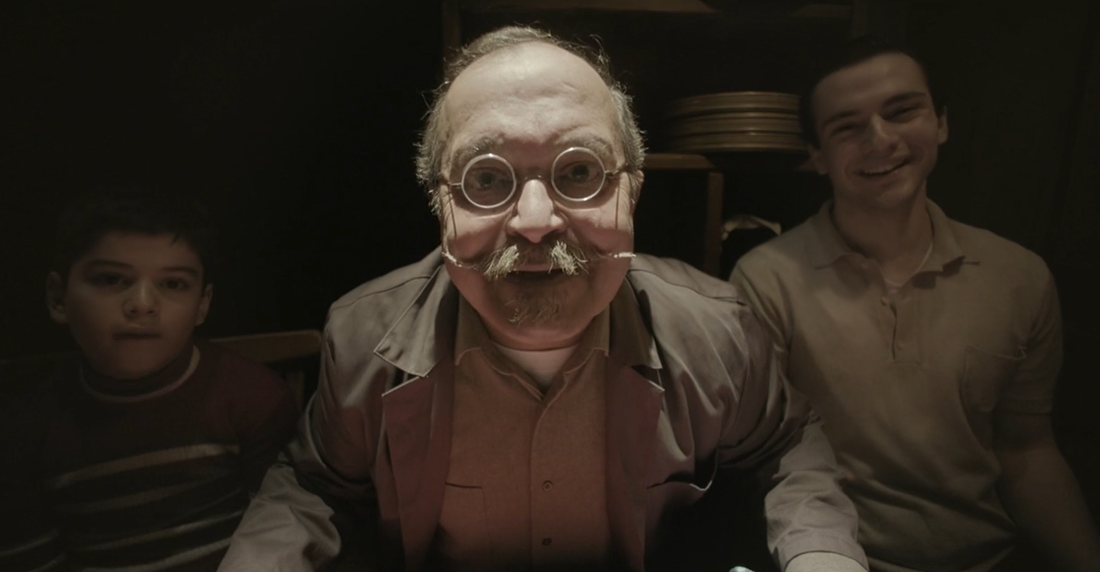
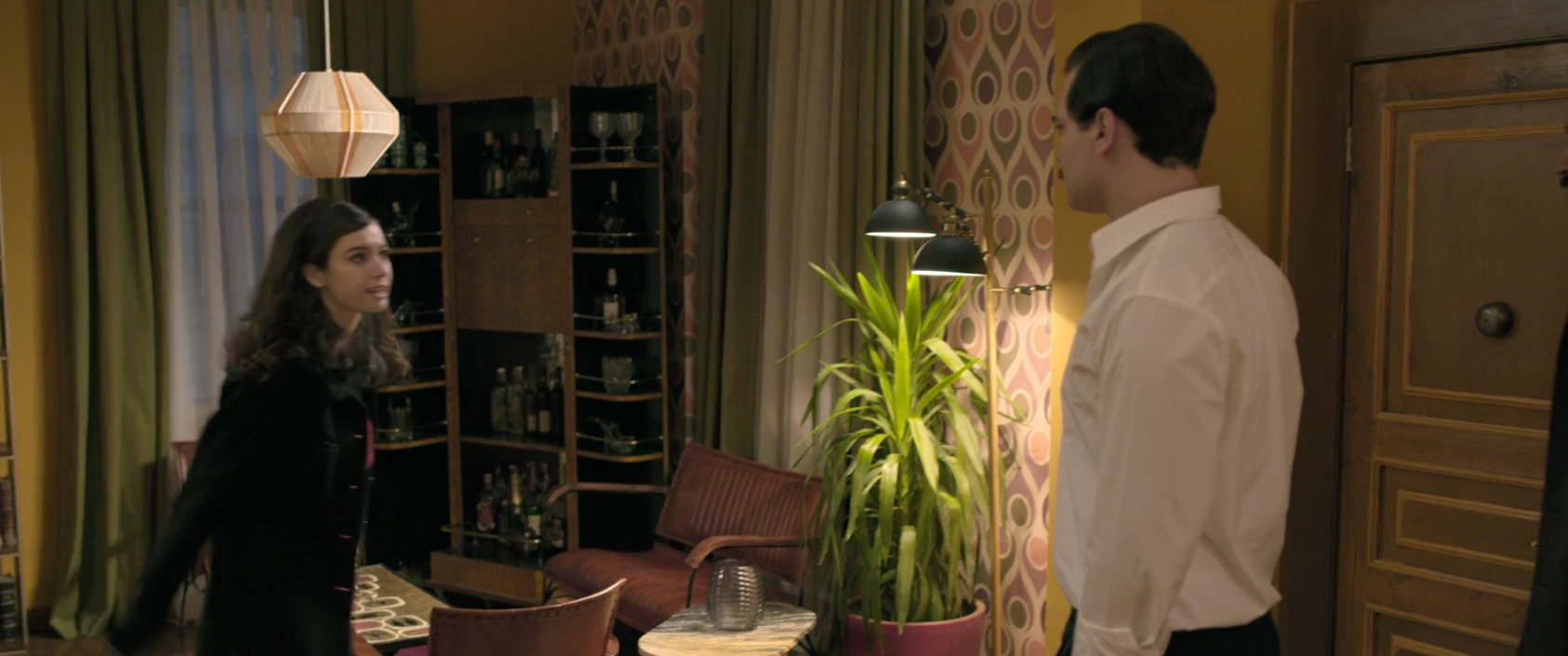
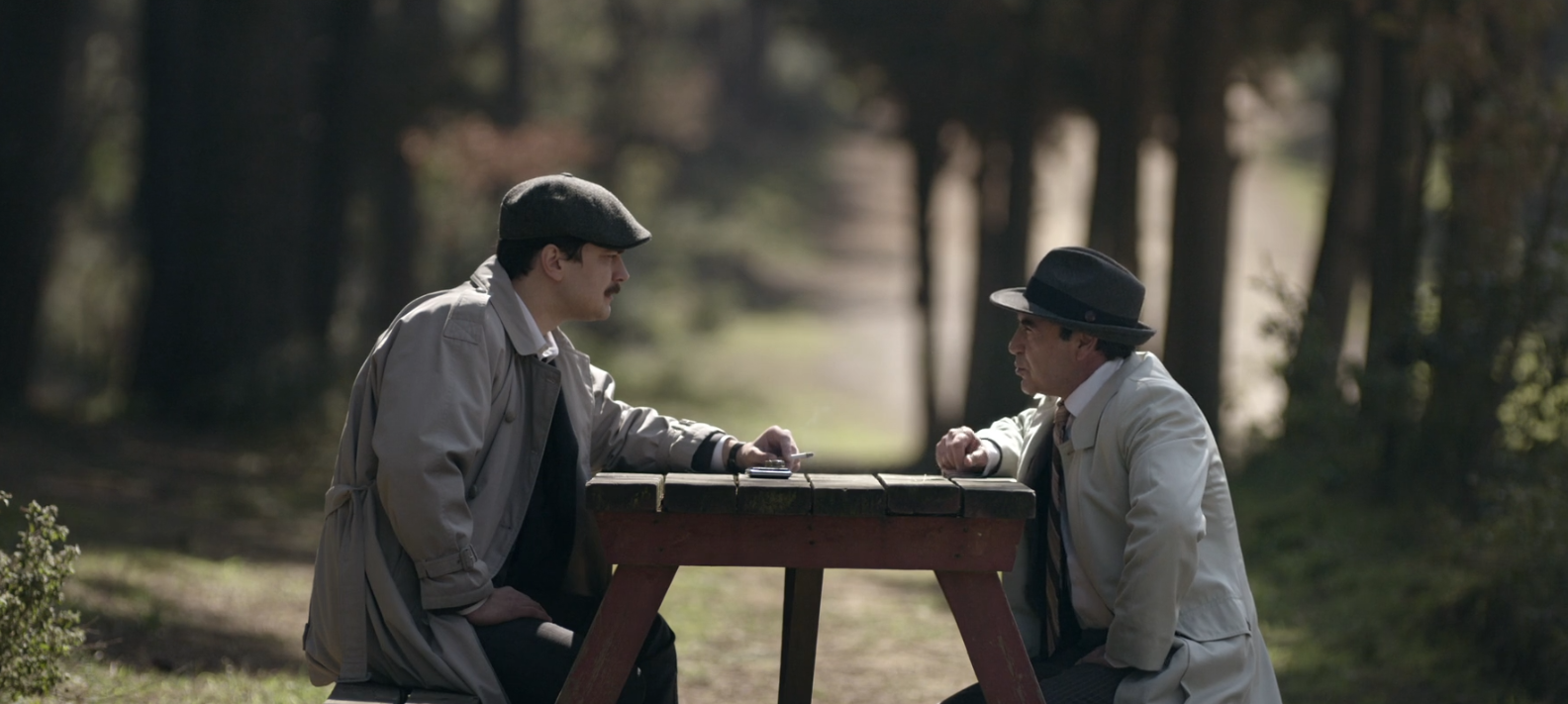
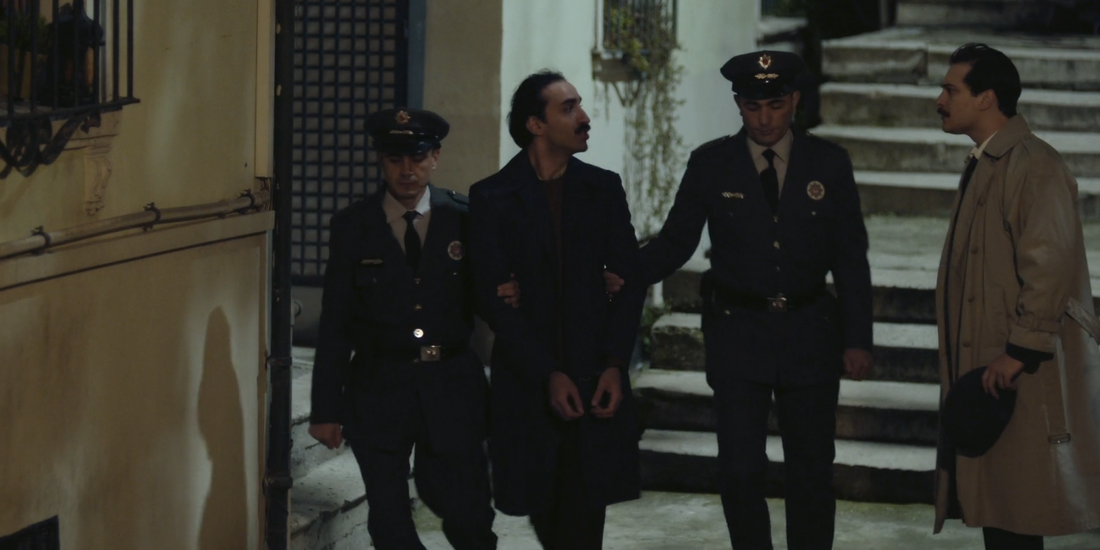
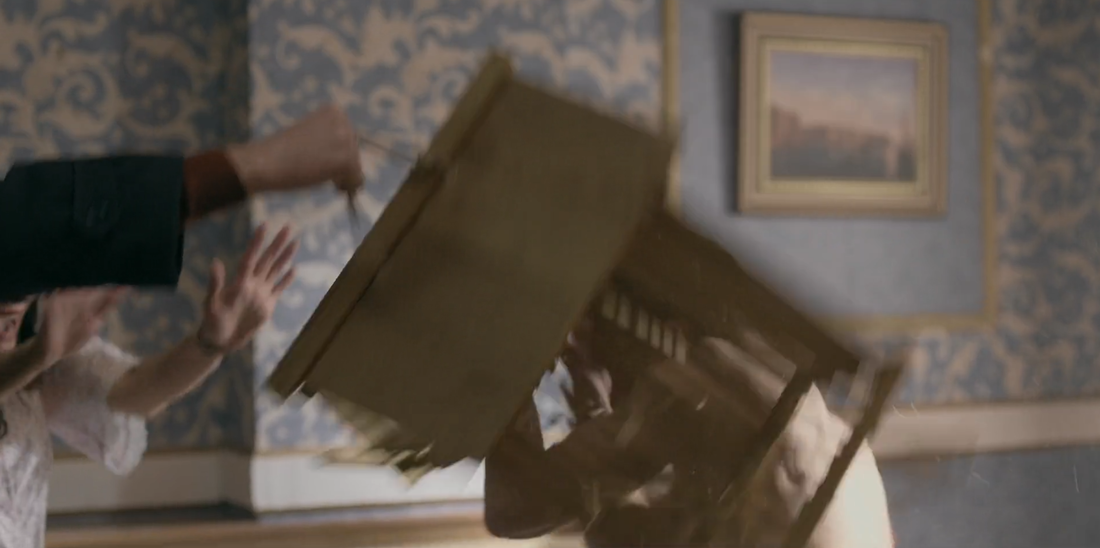
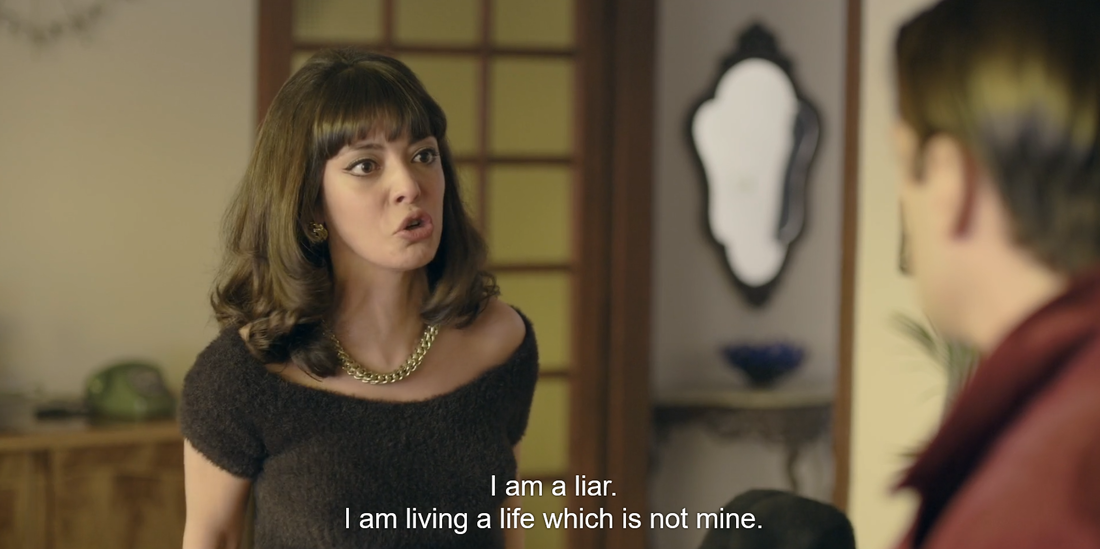
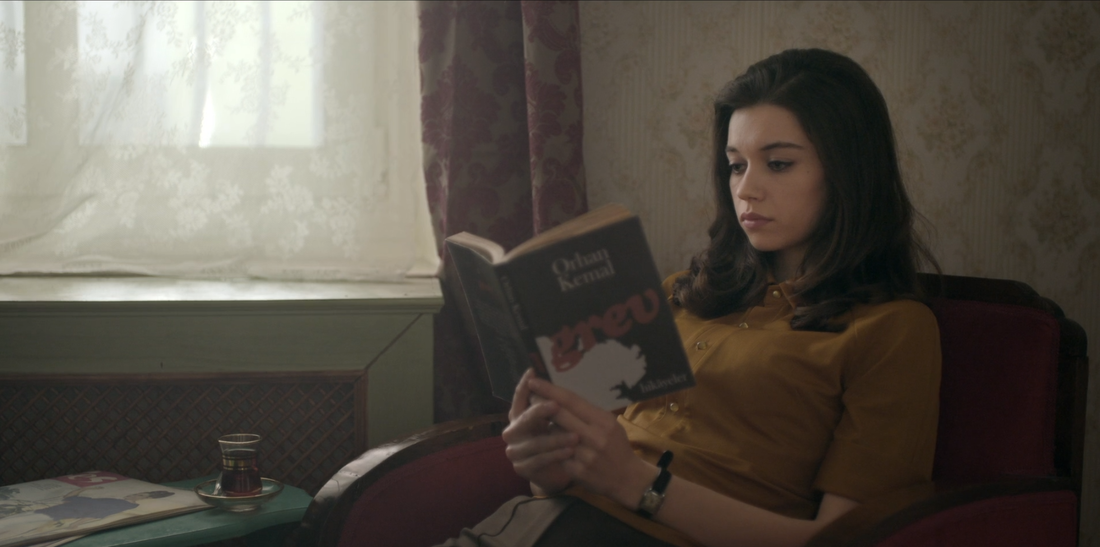

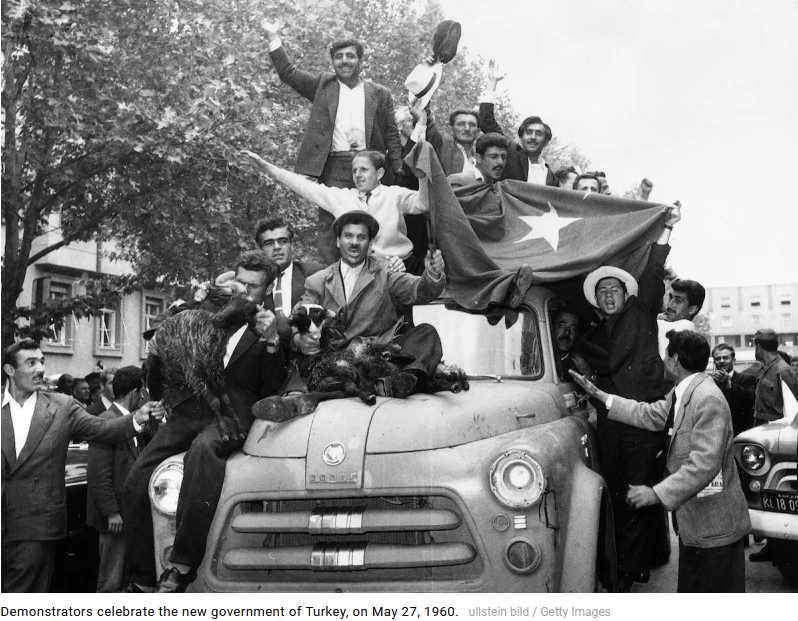
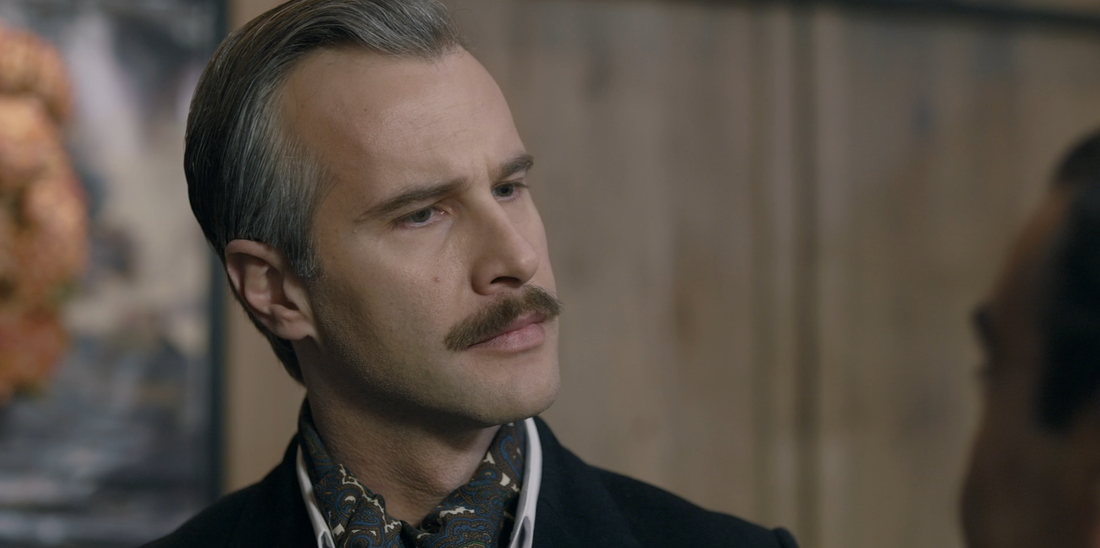
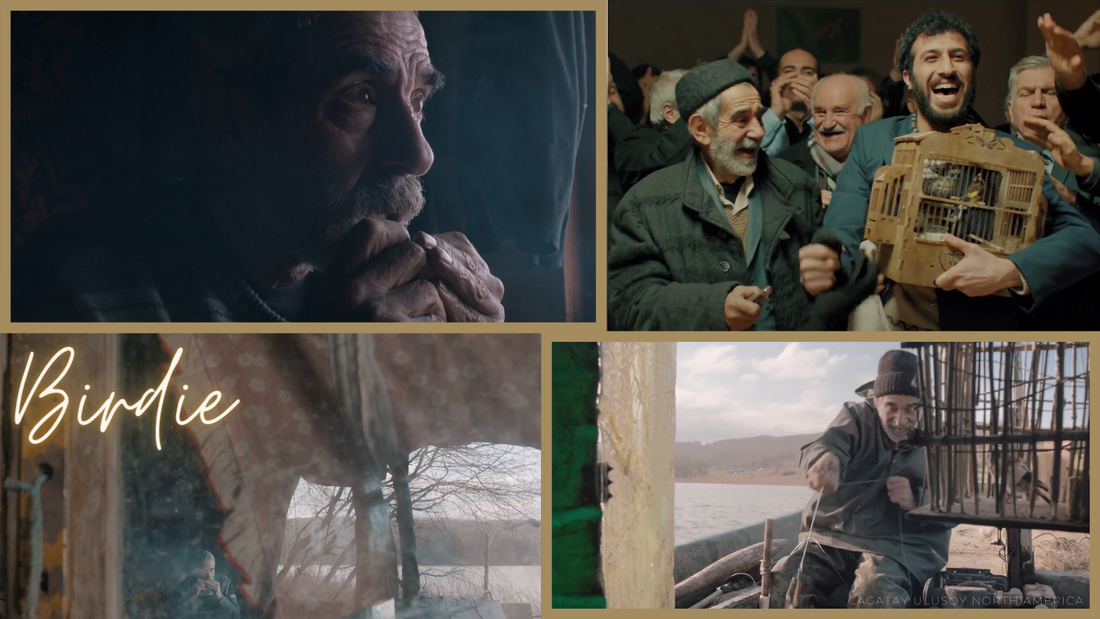

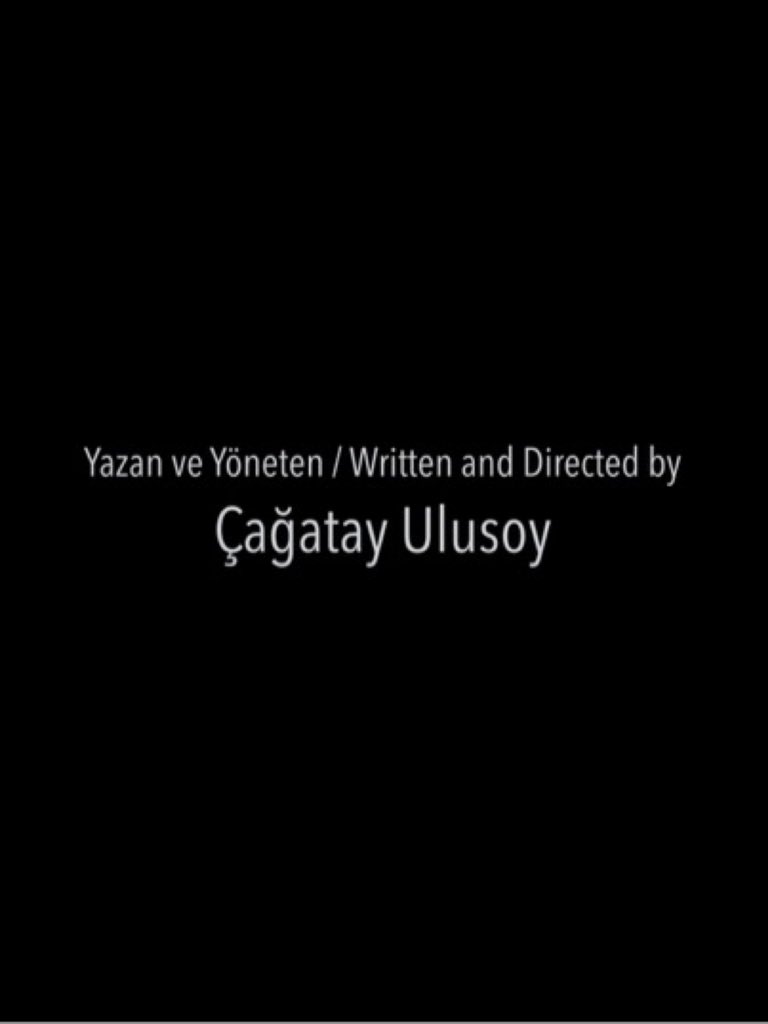
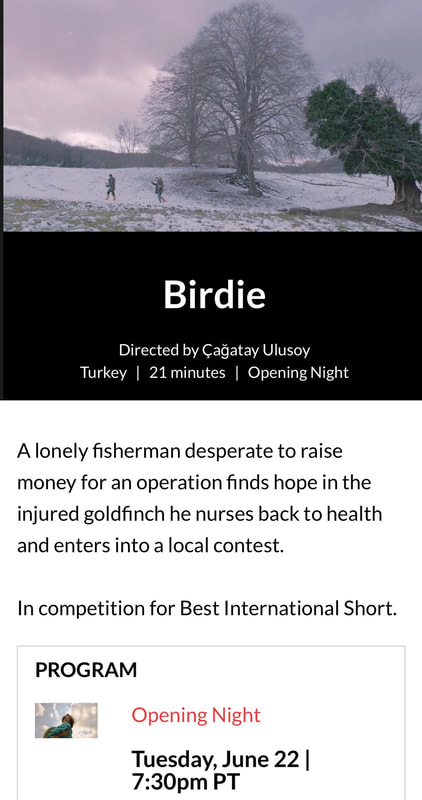
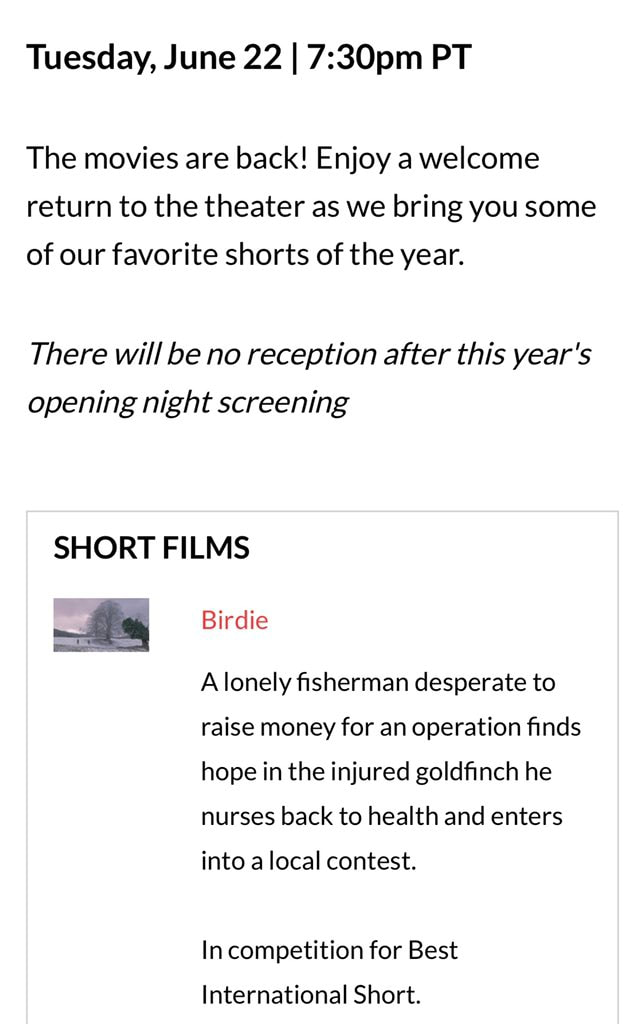
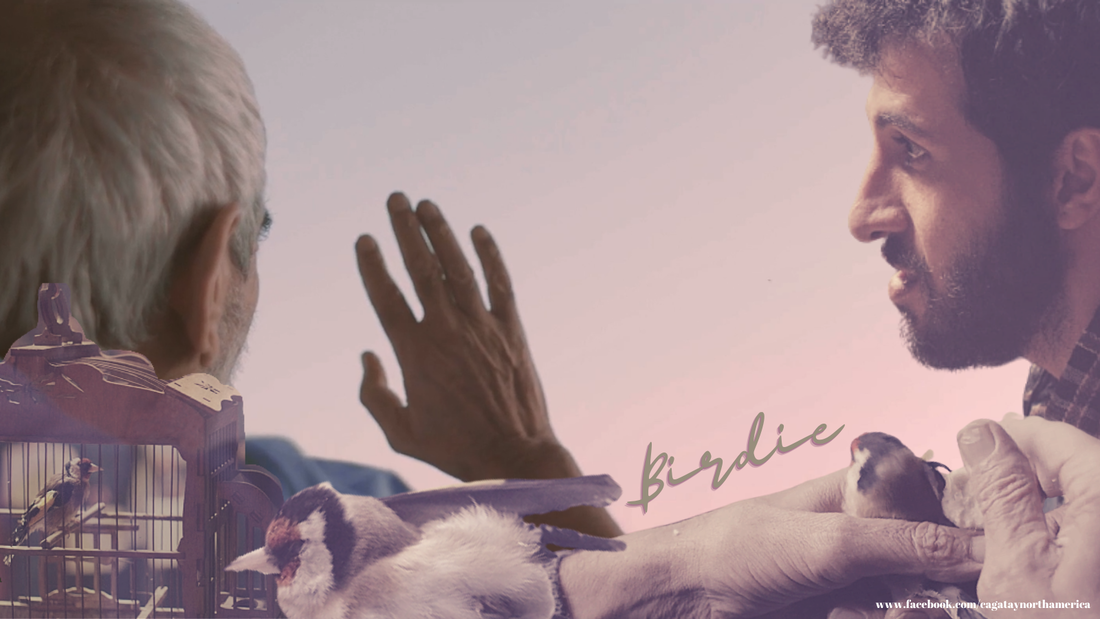
 RSS Feed
RSS Feed
